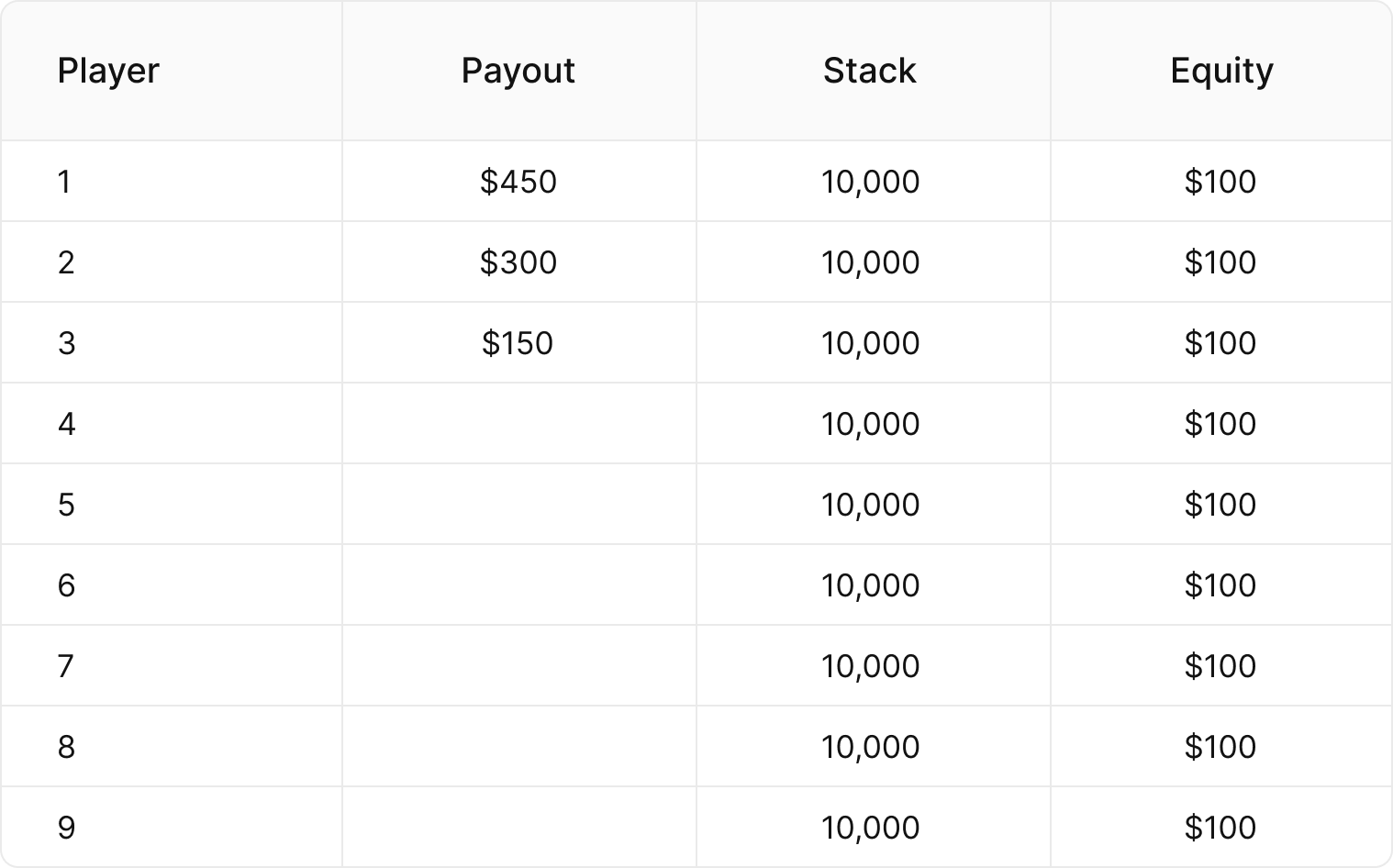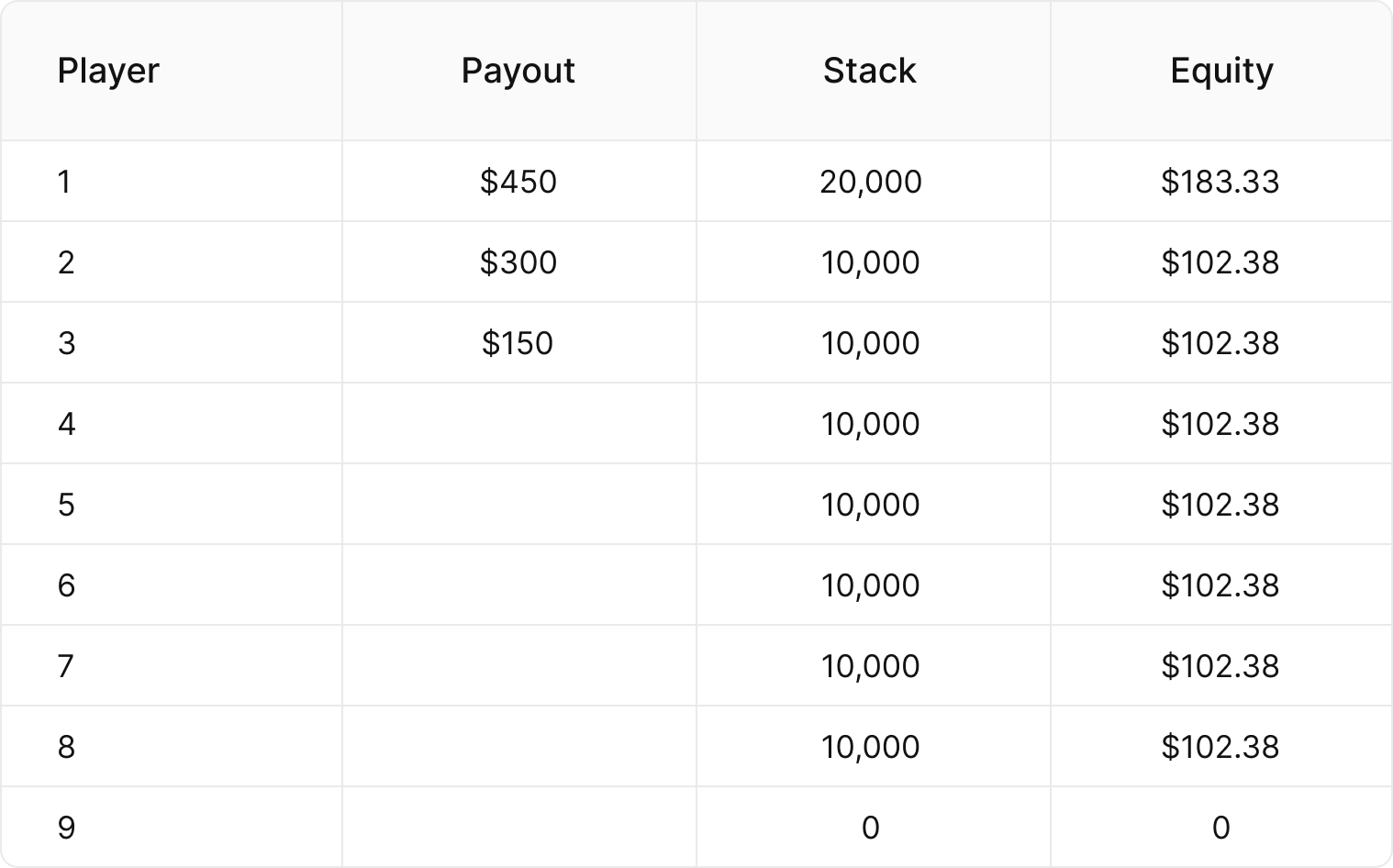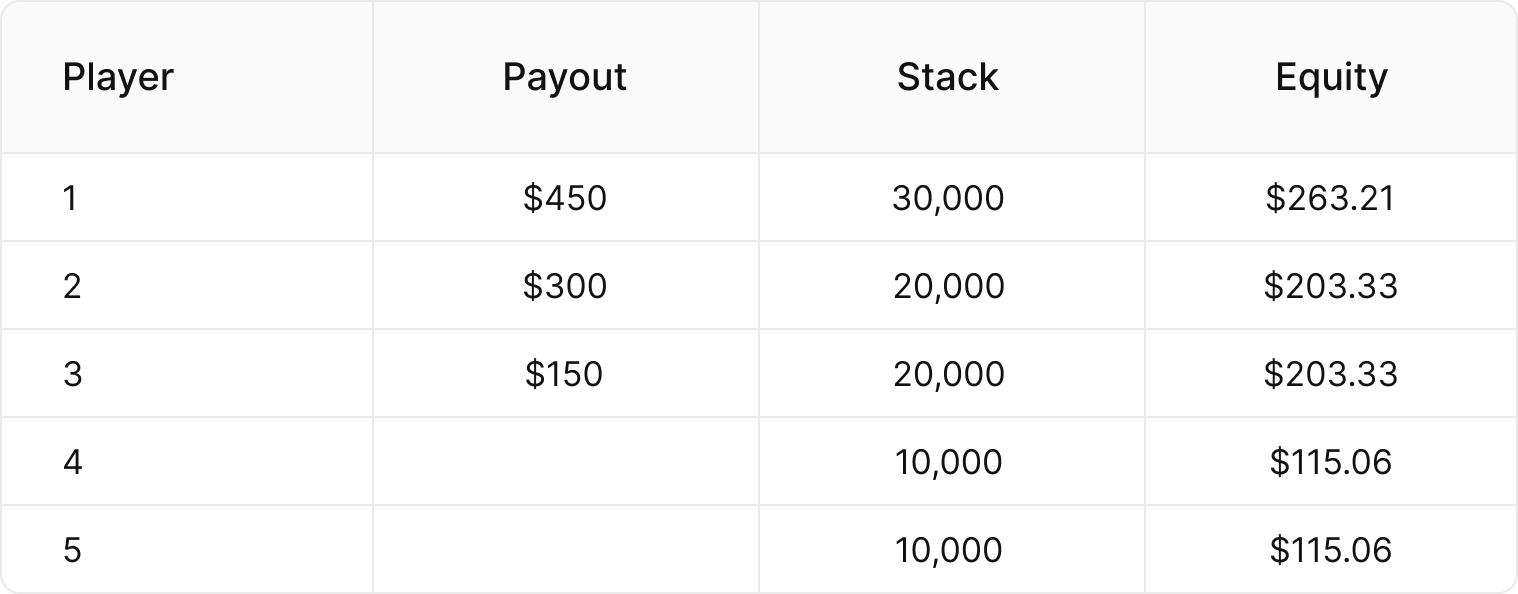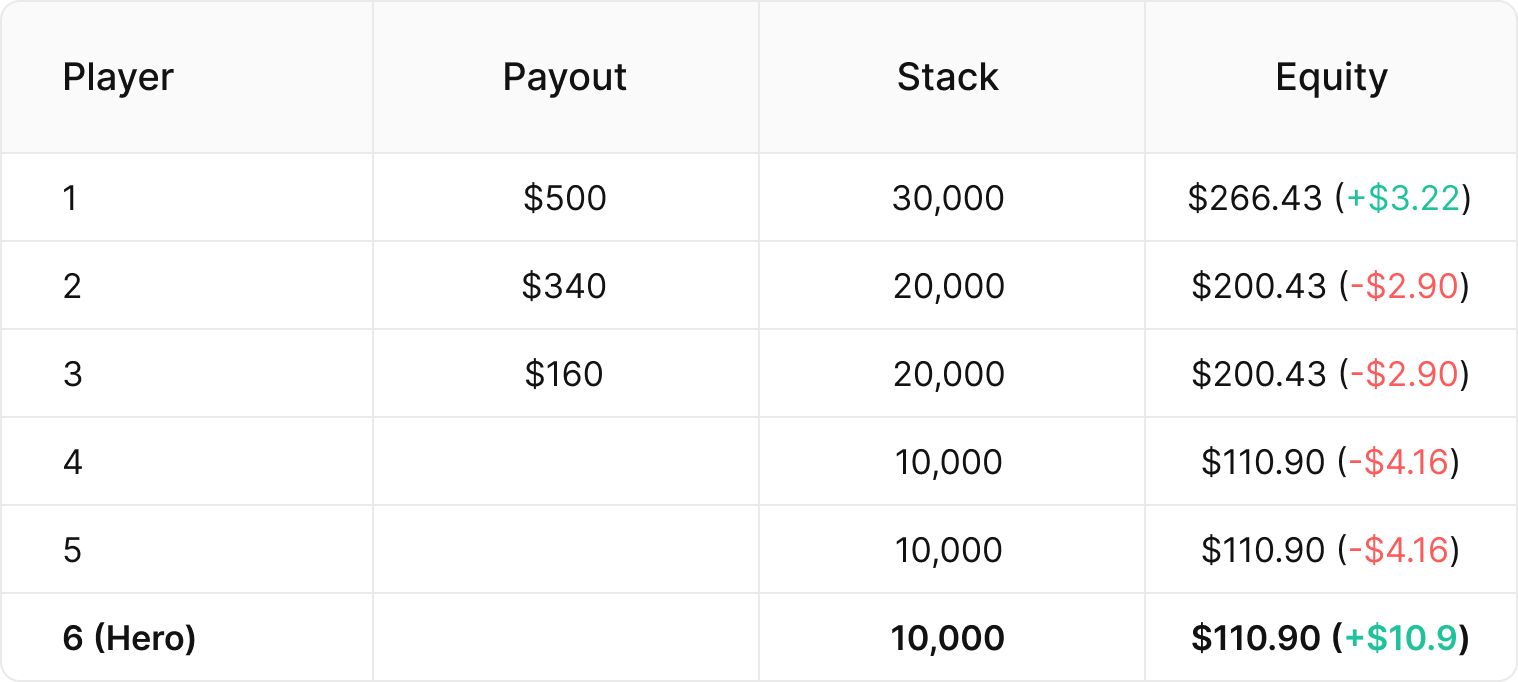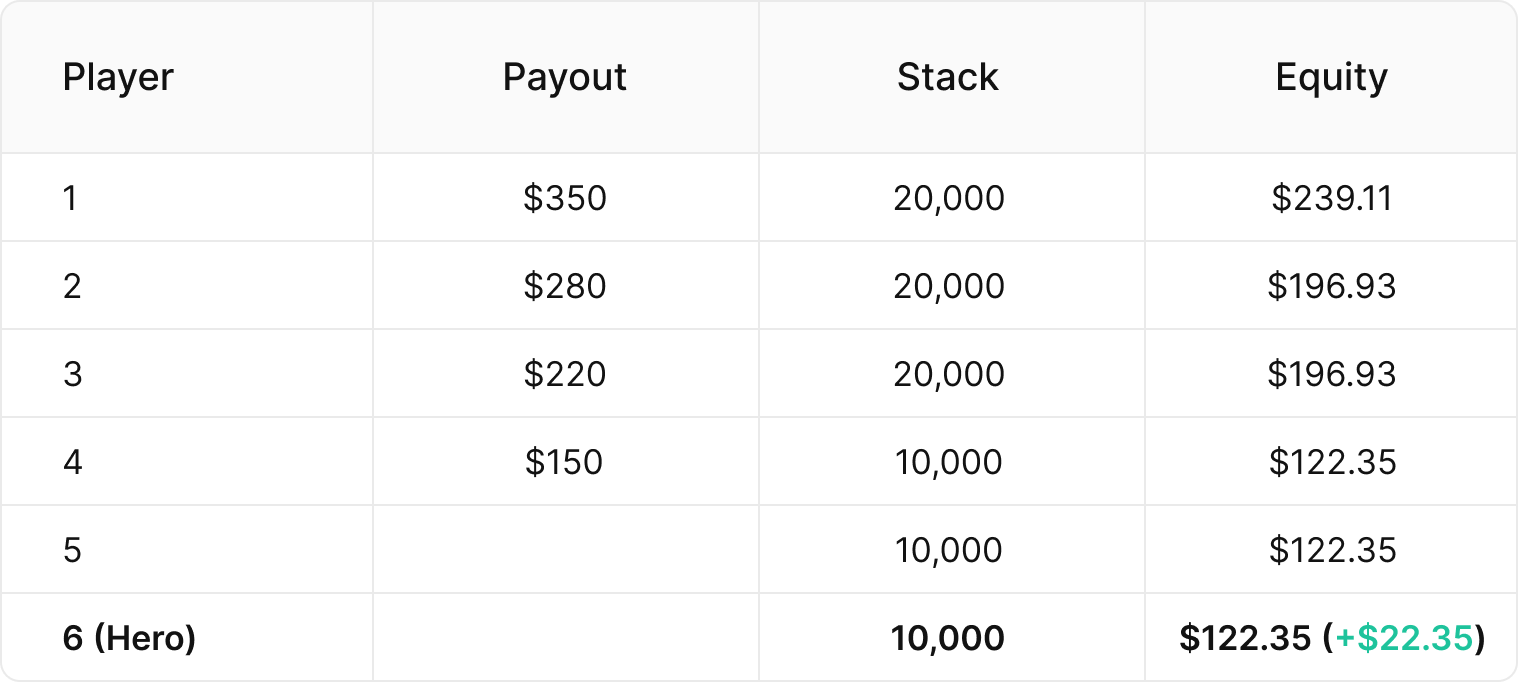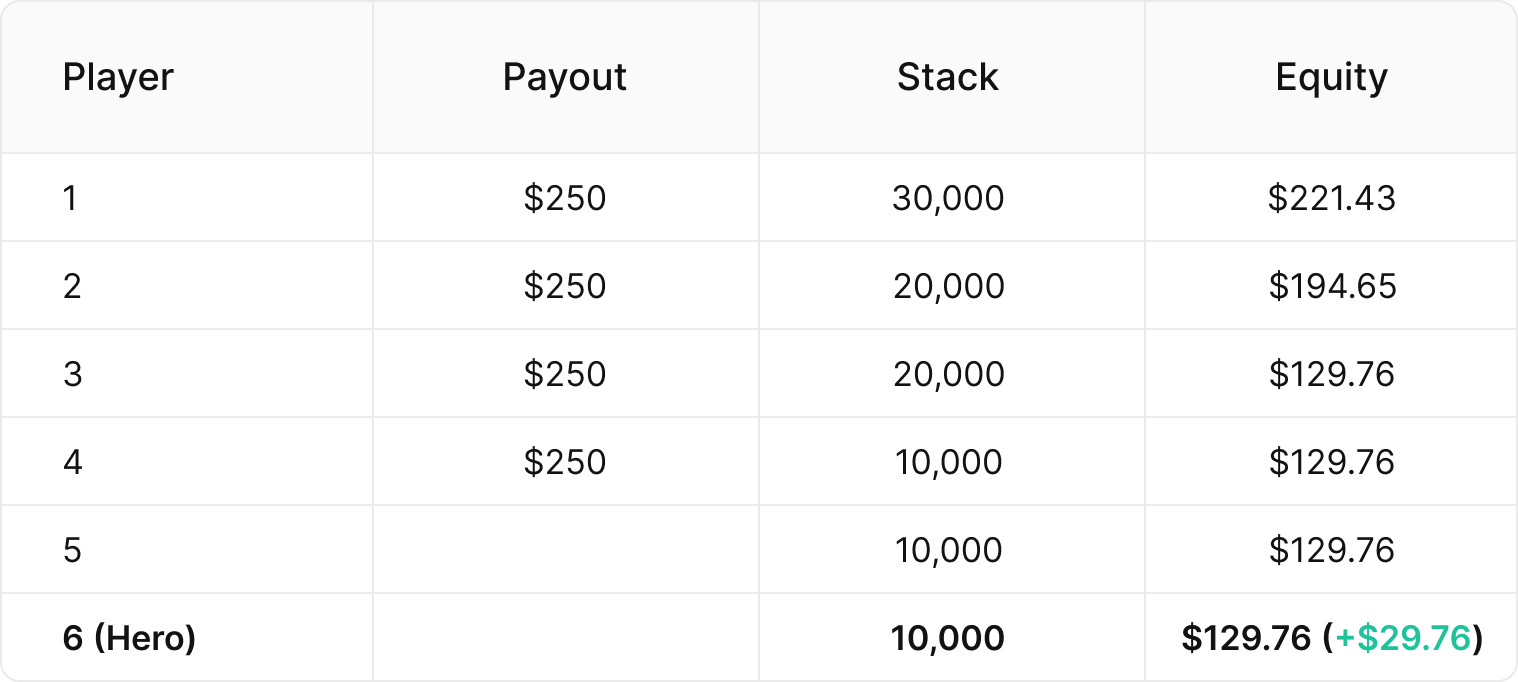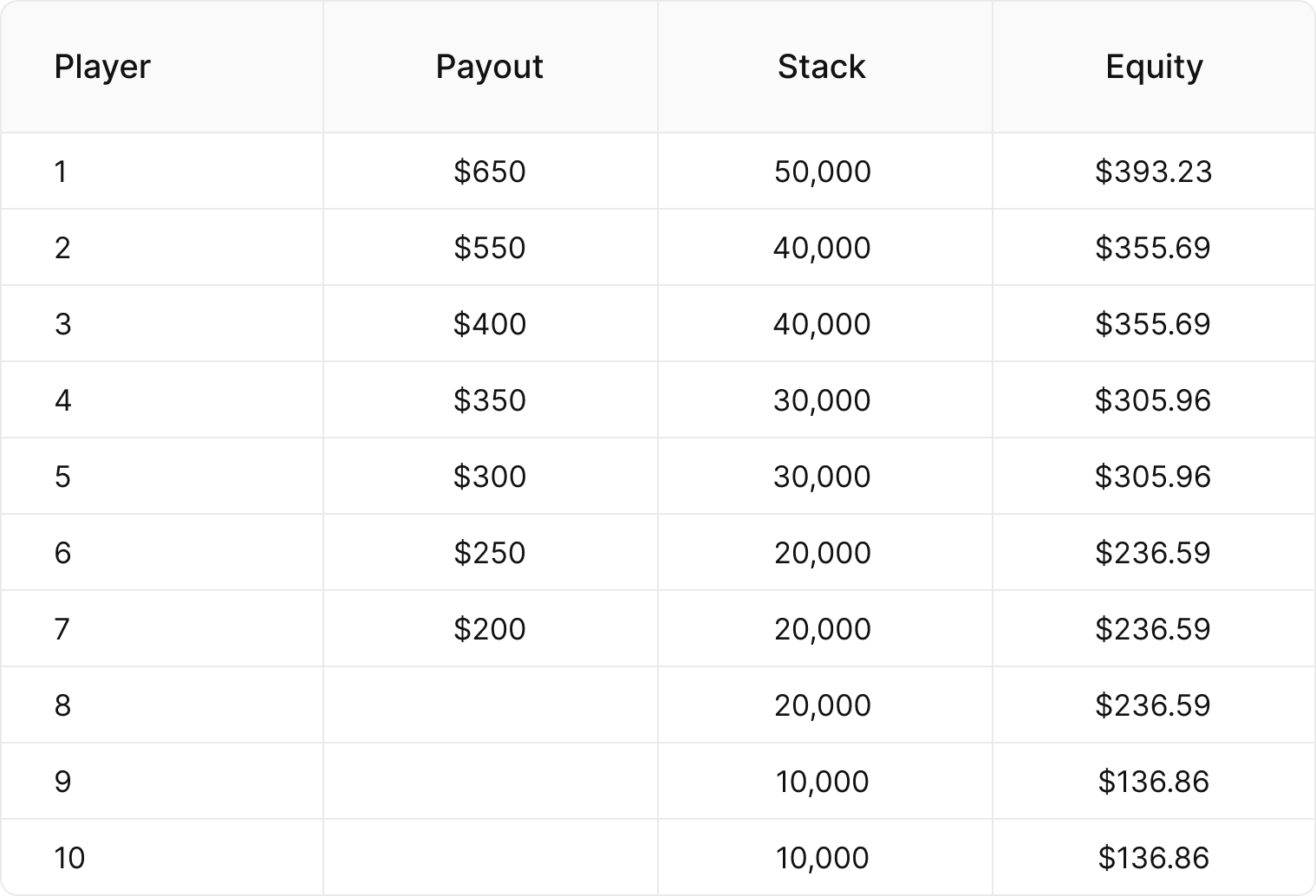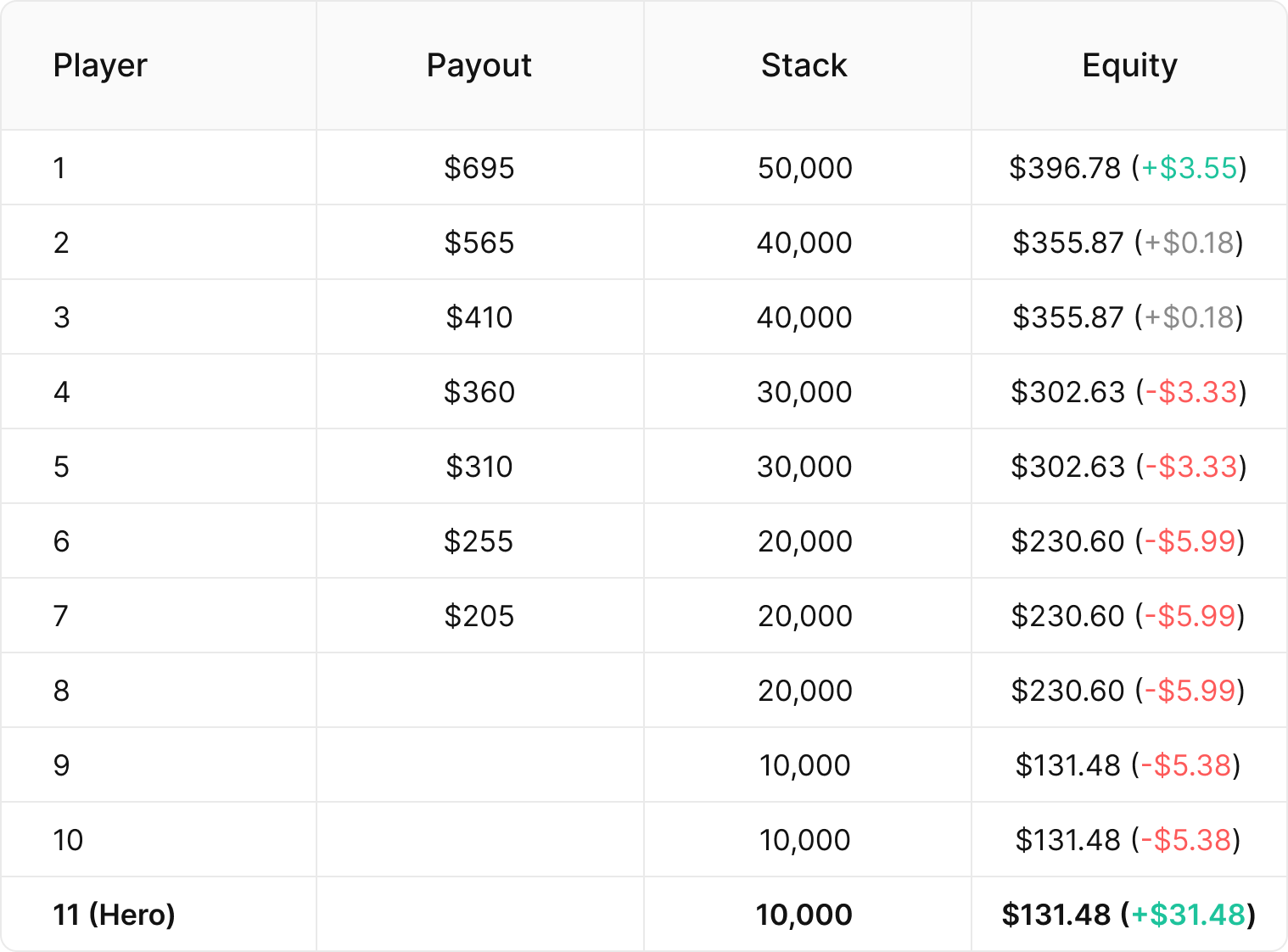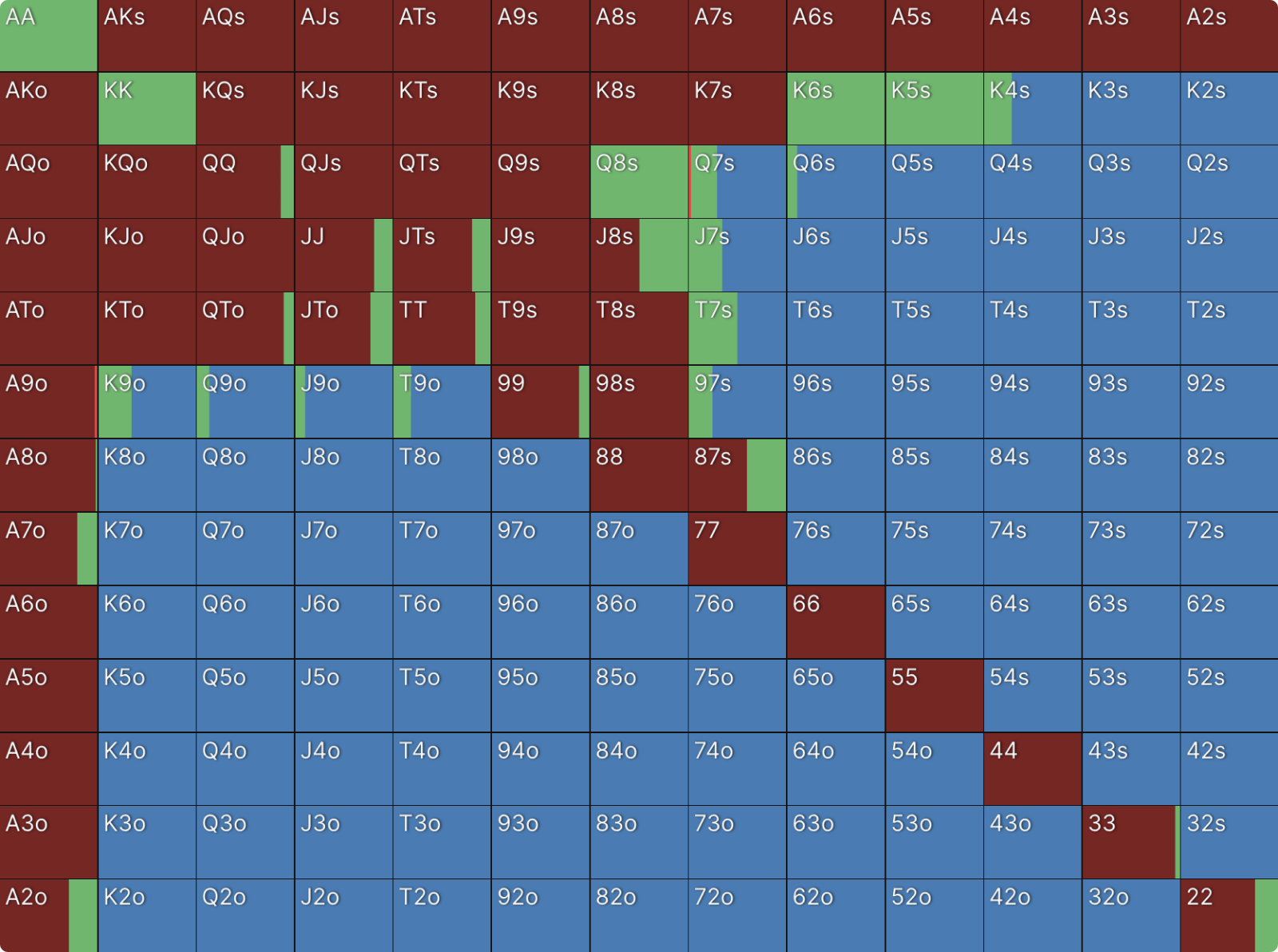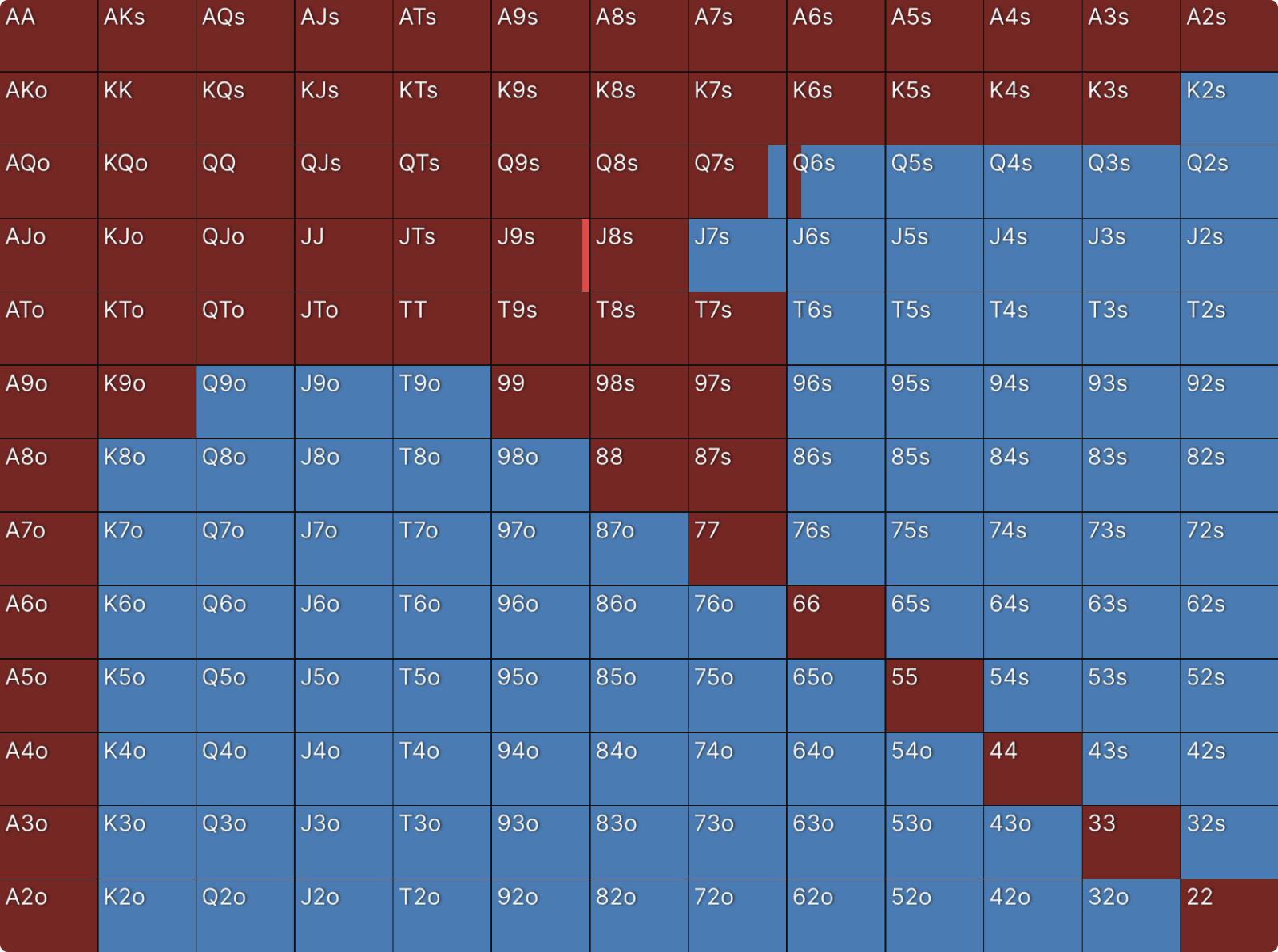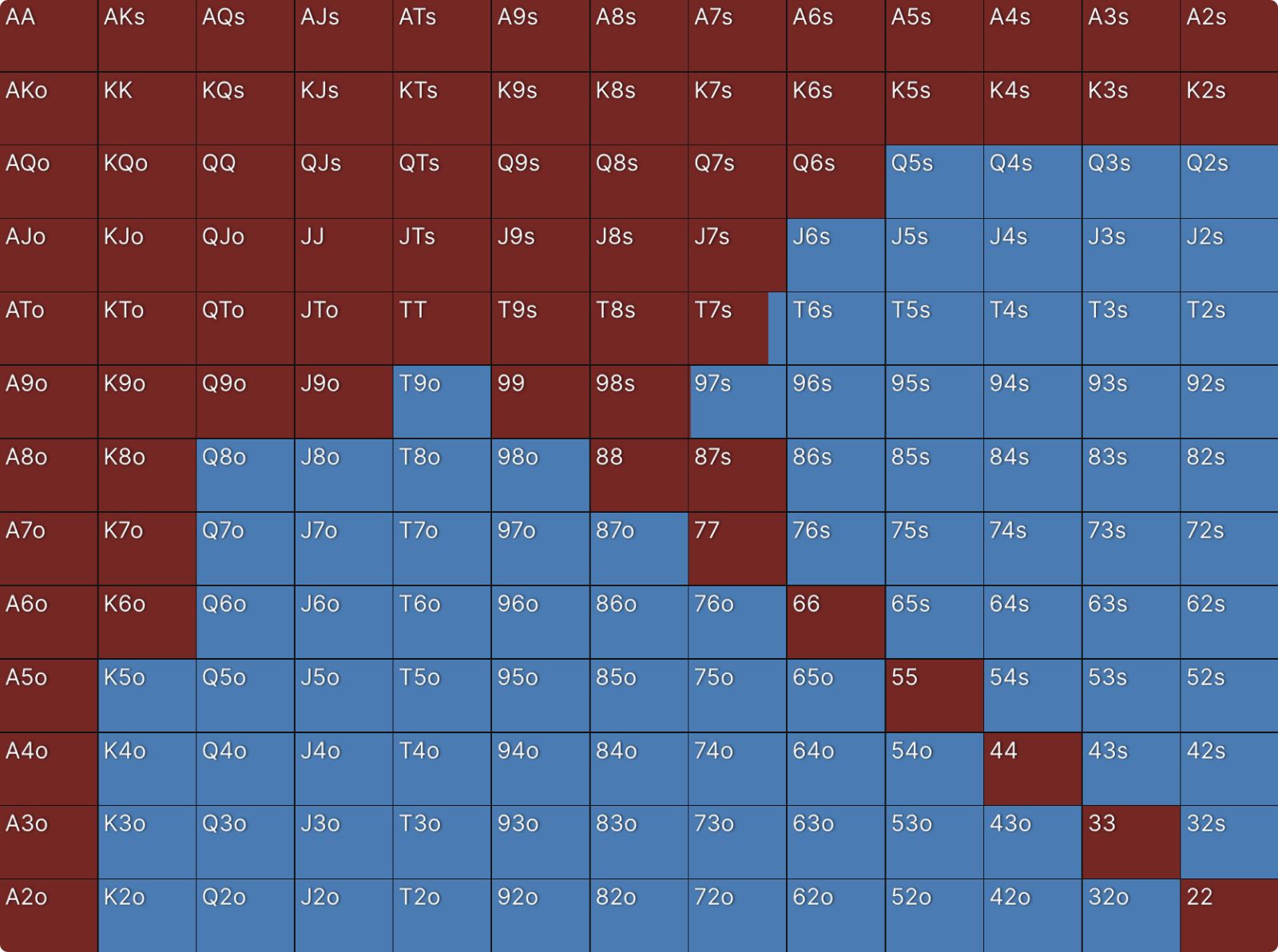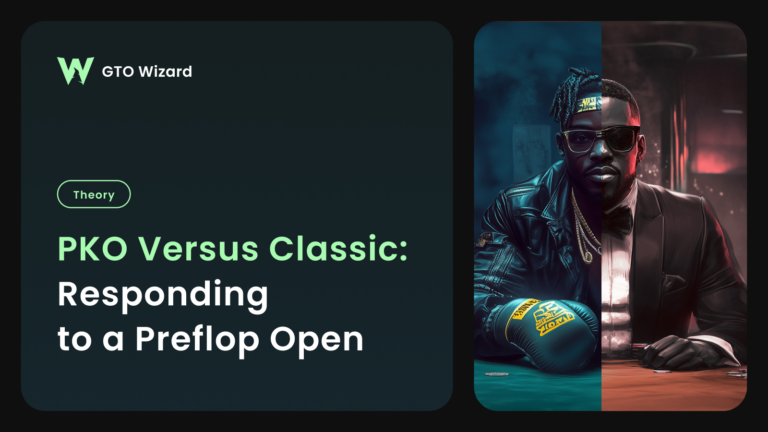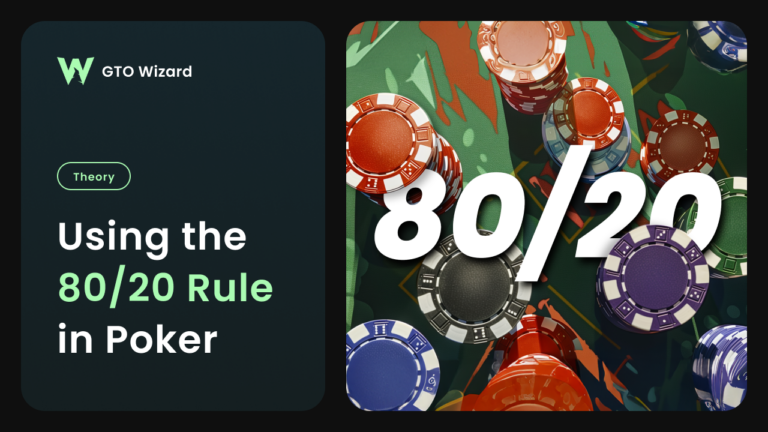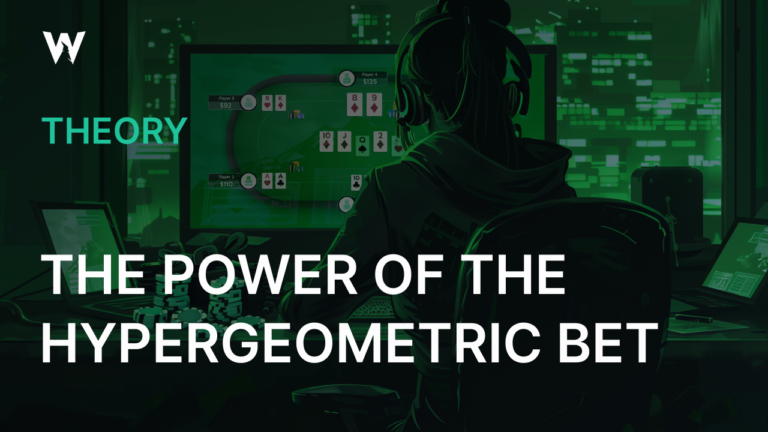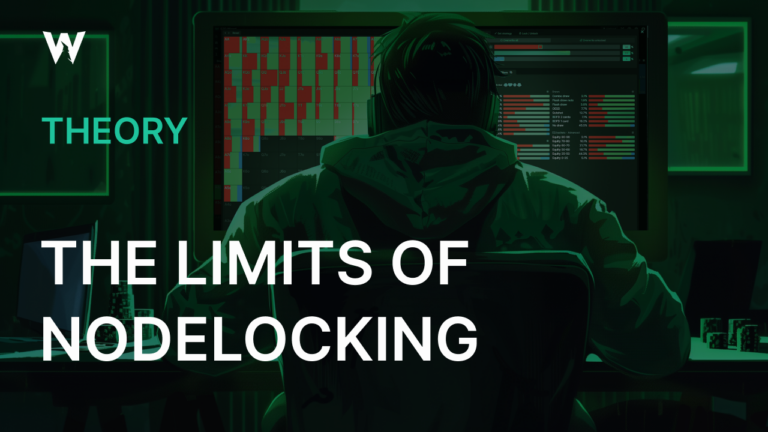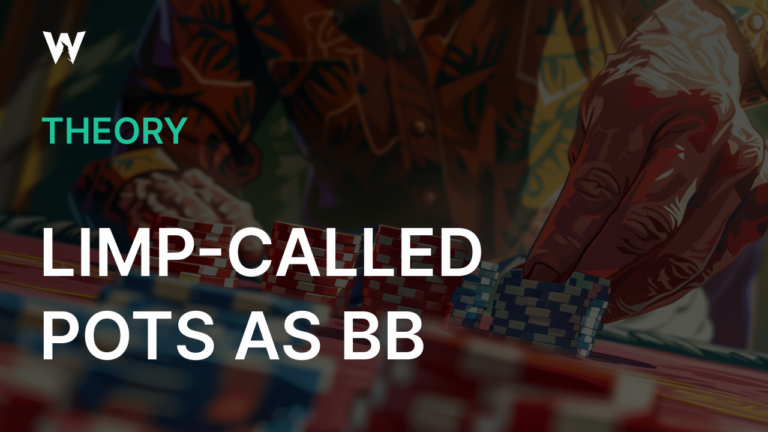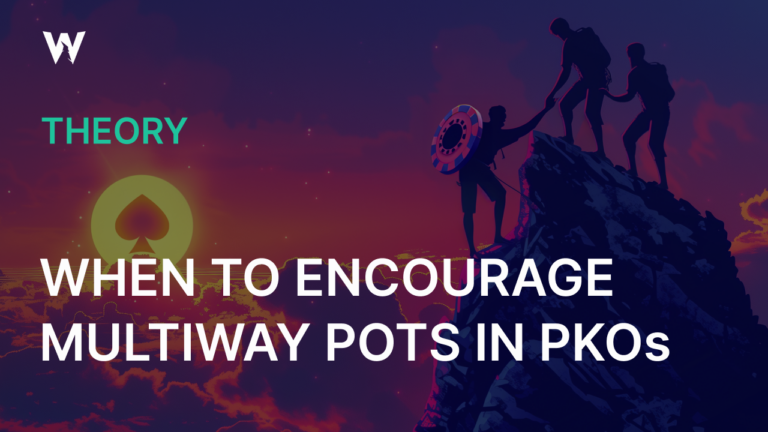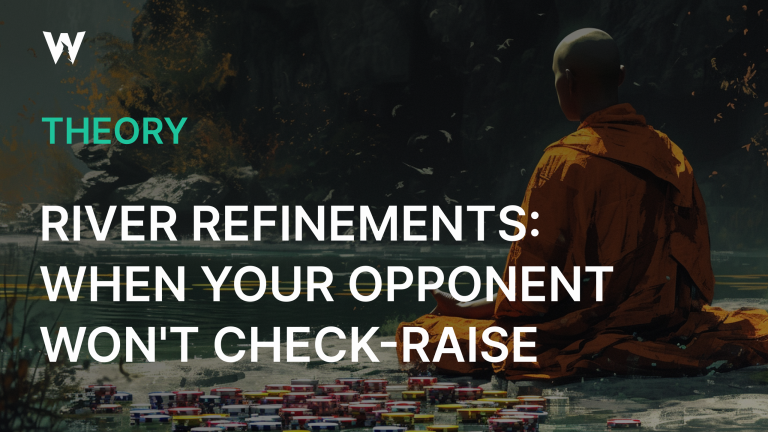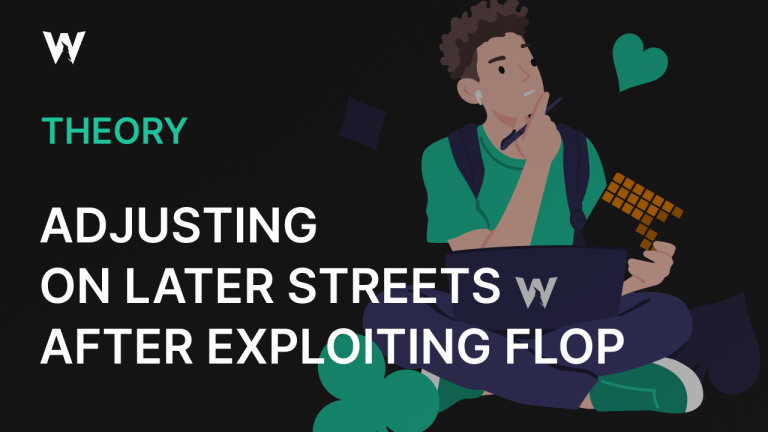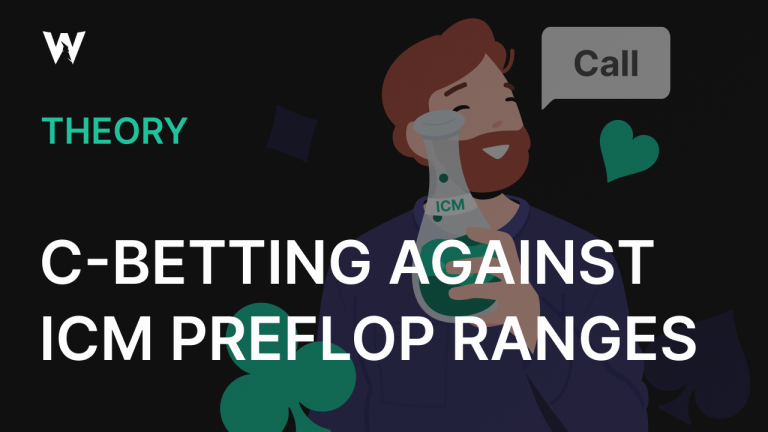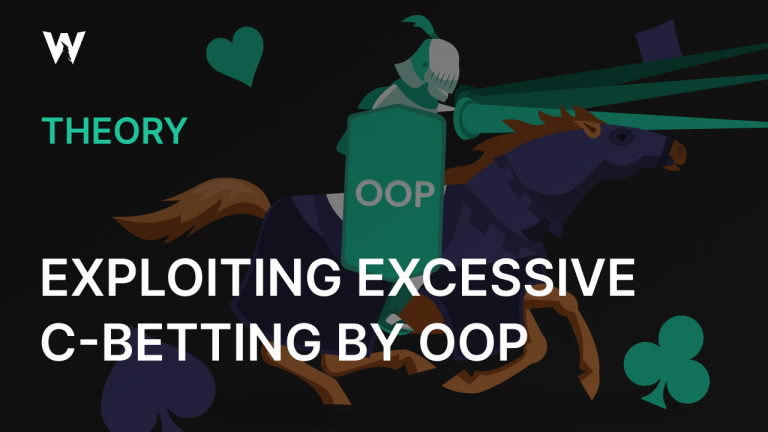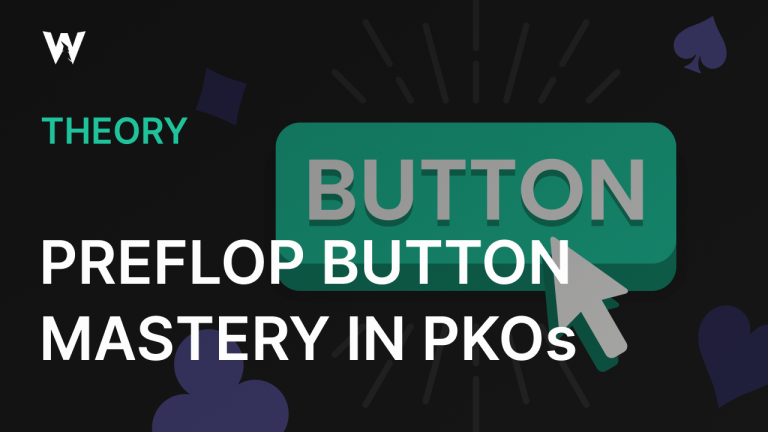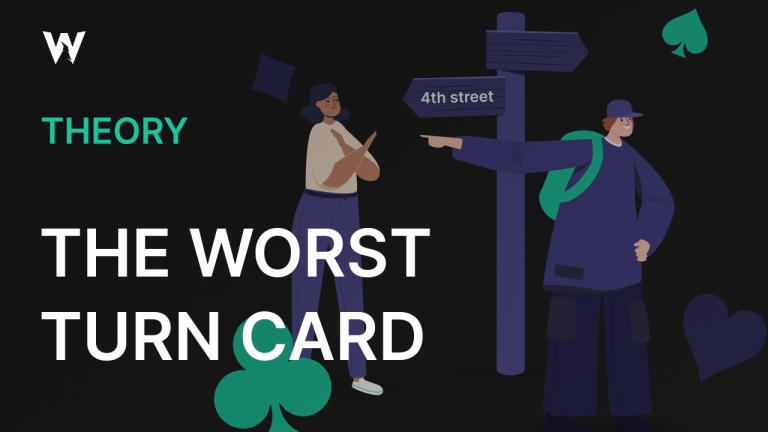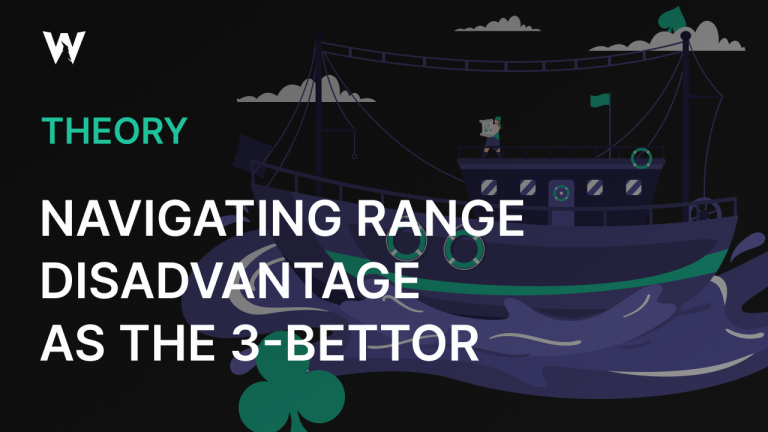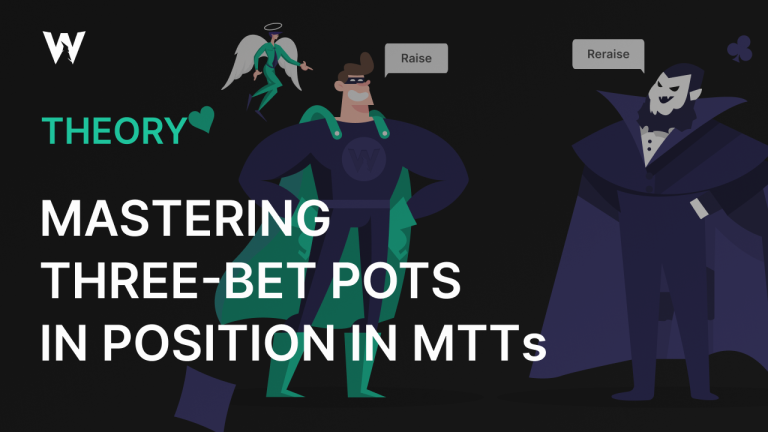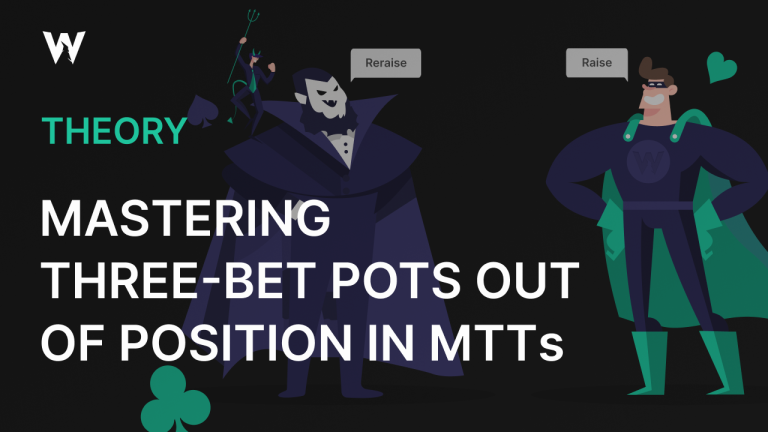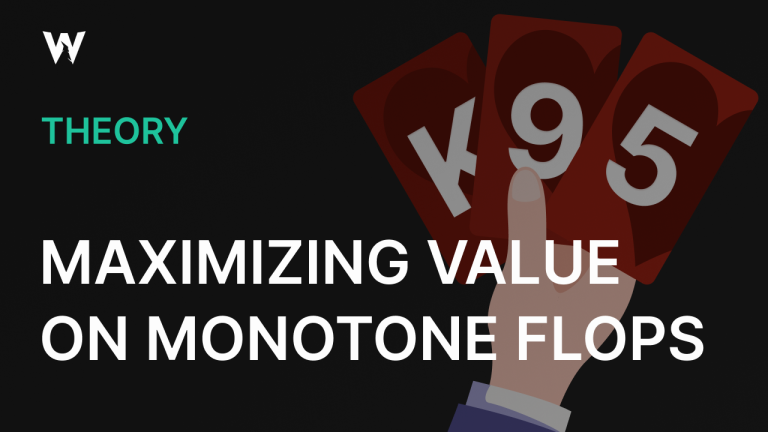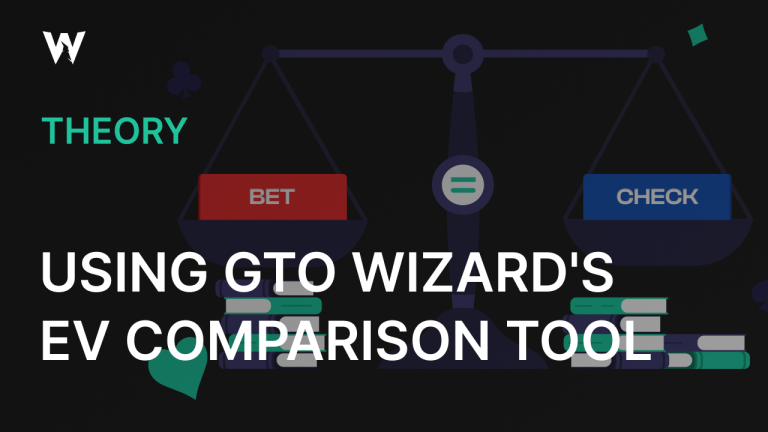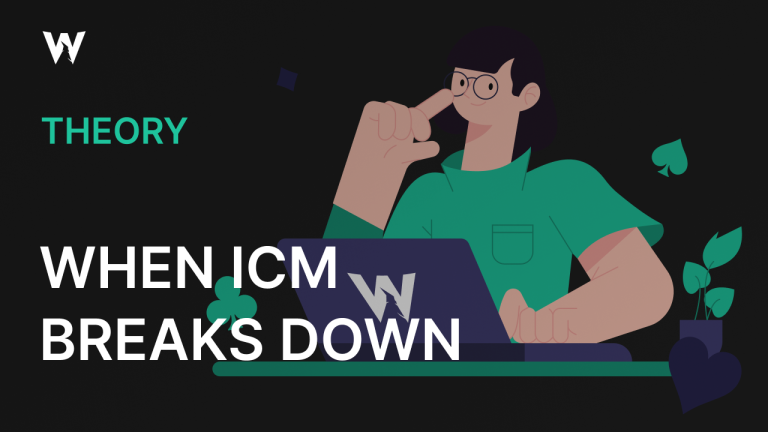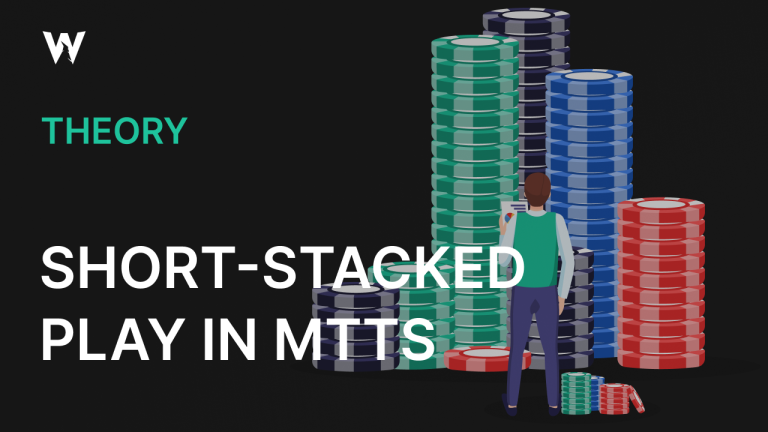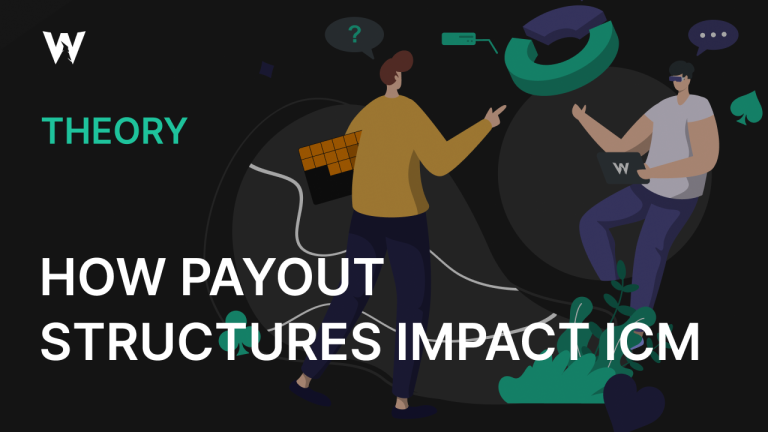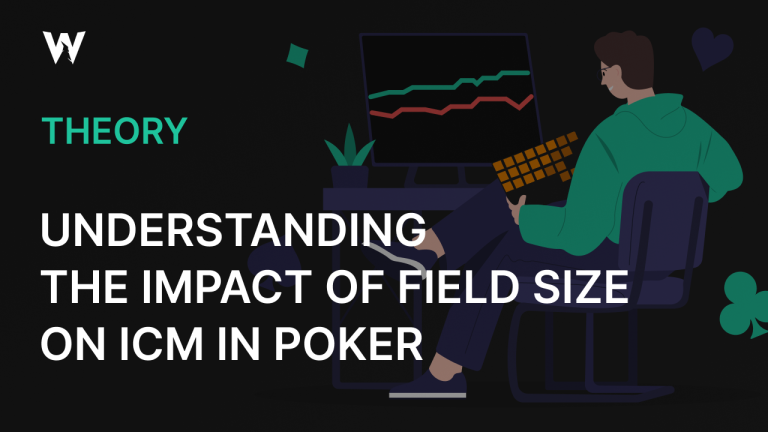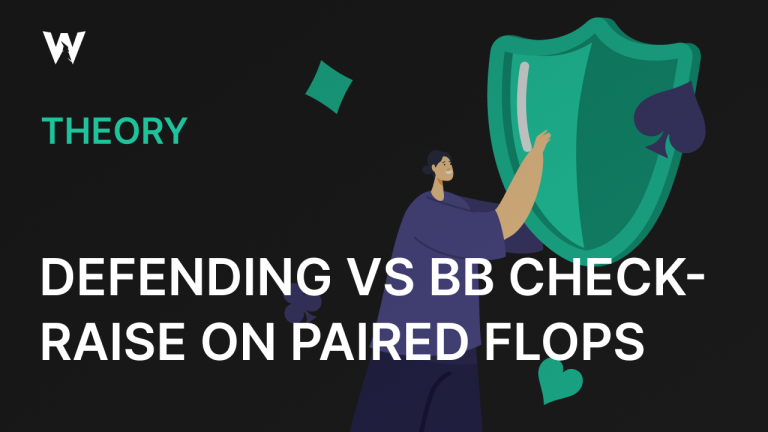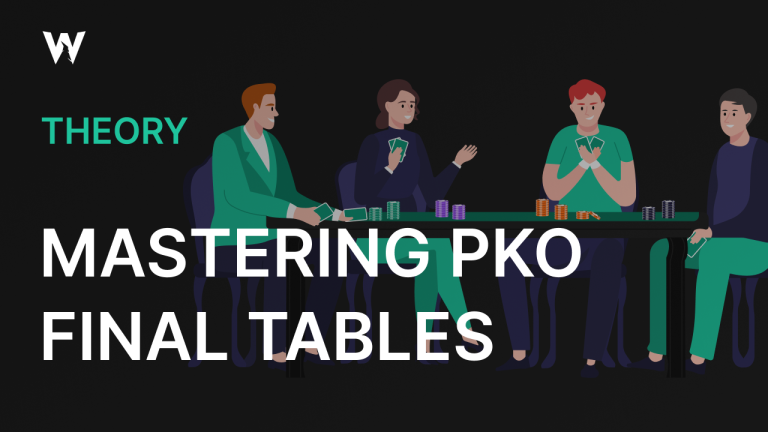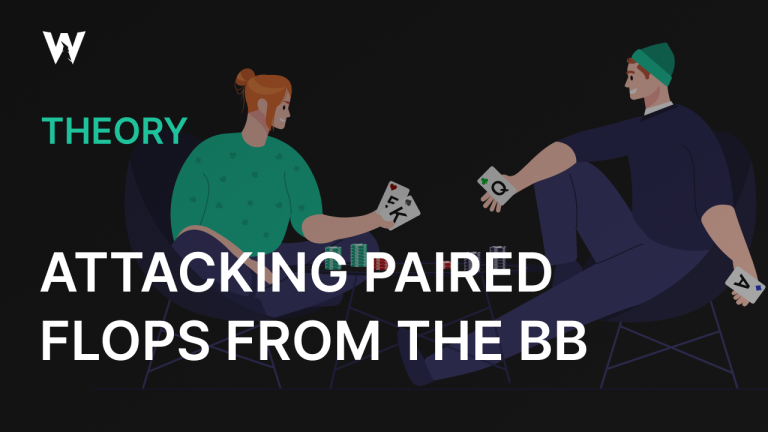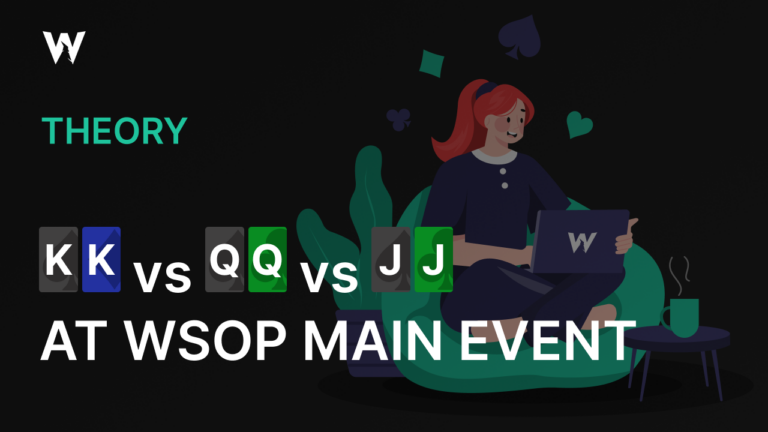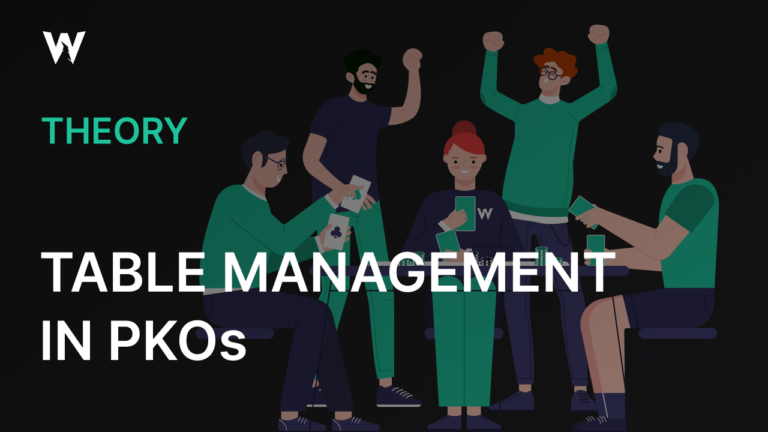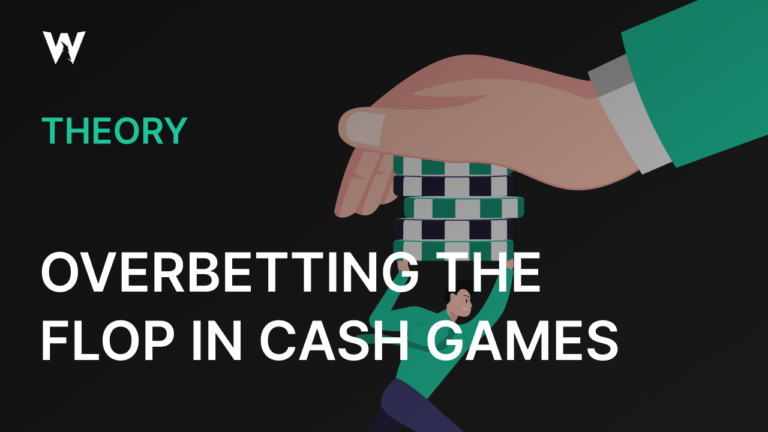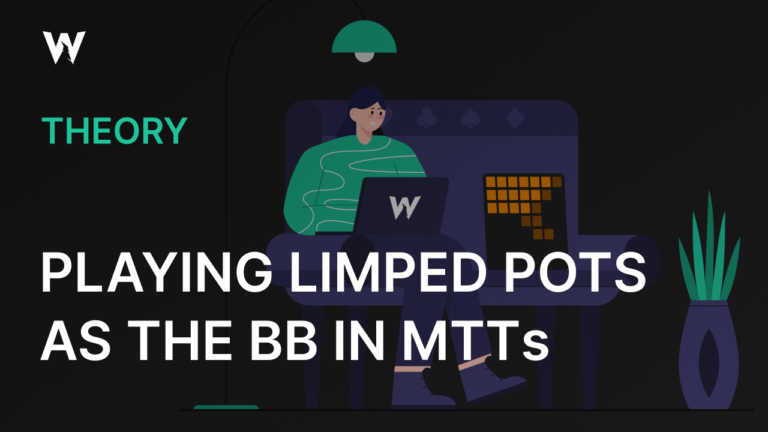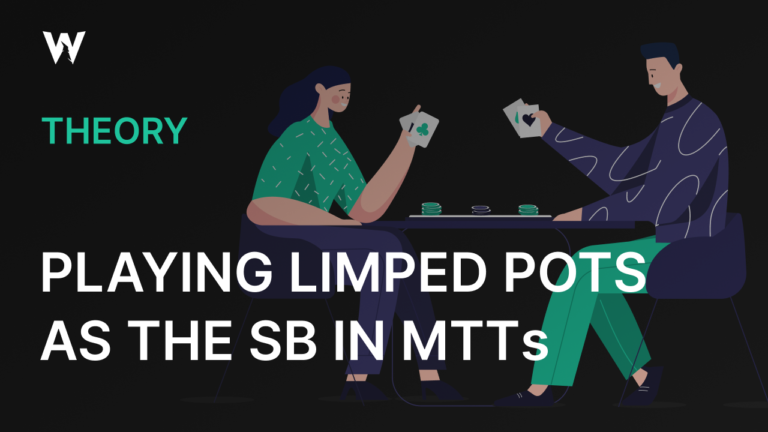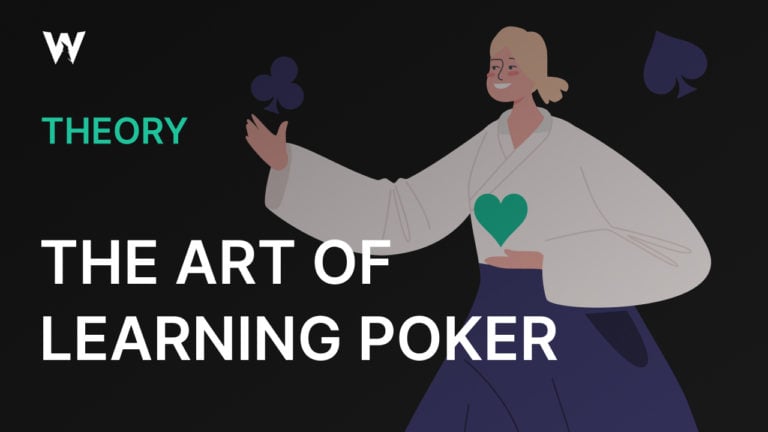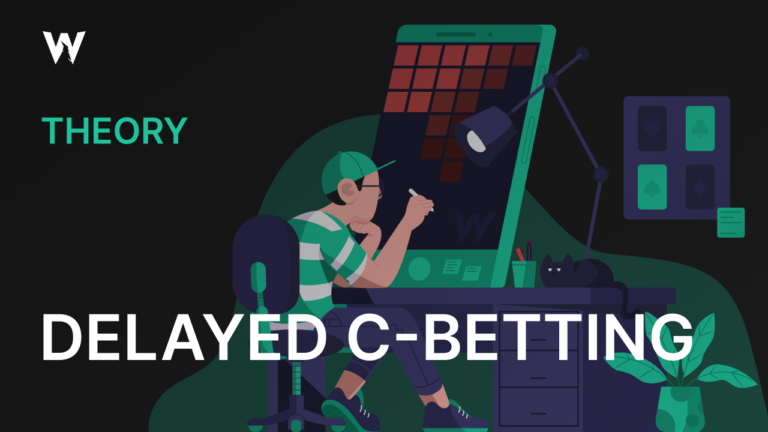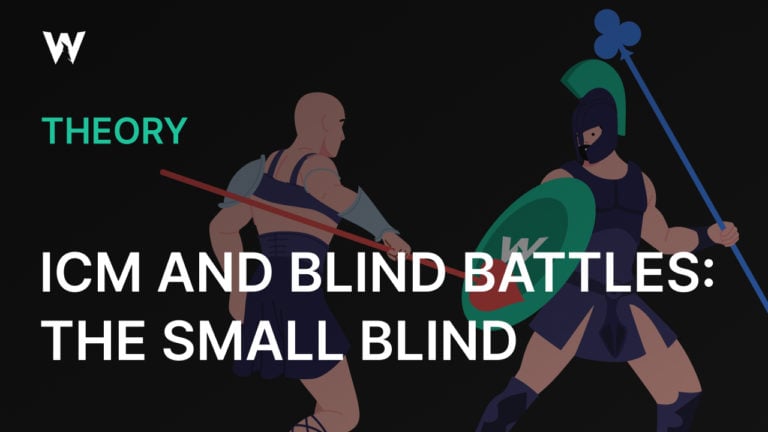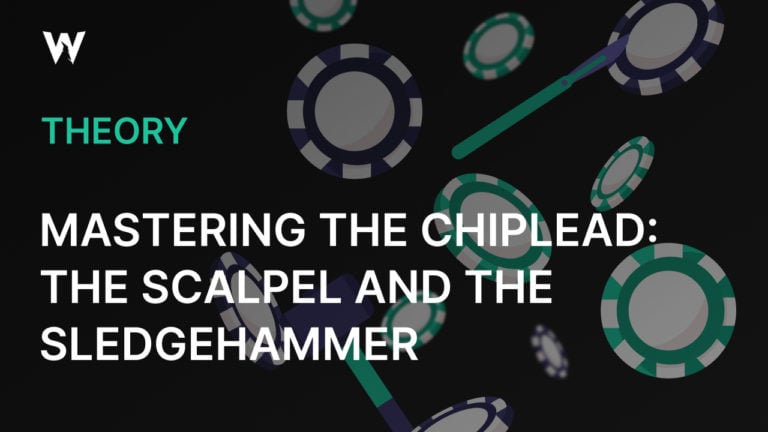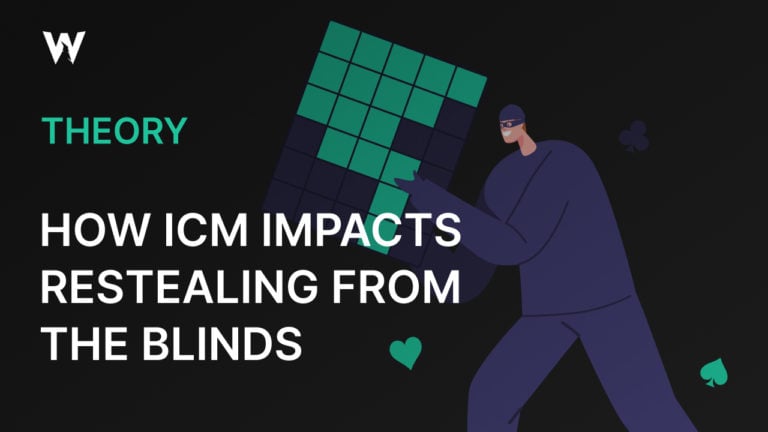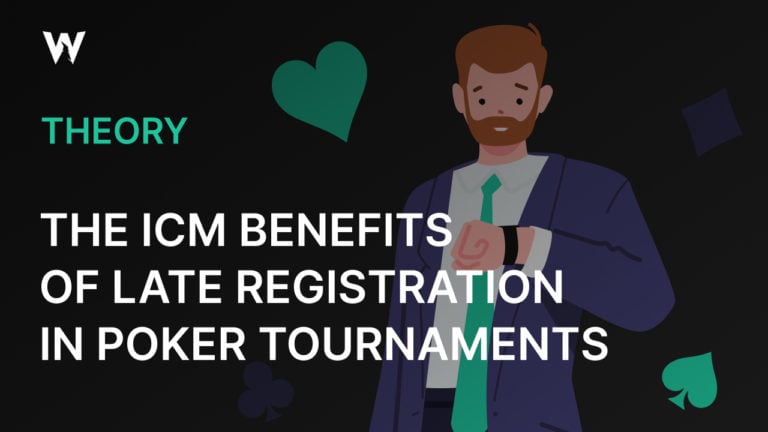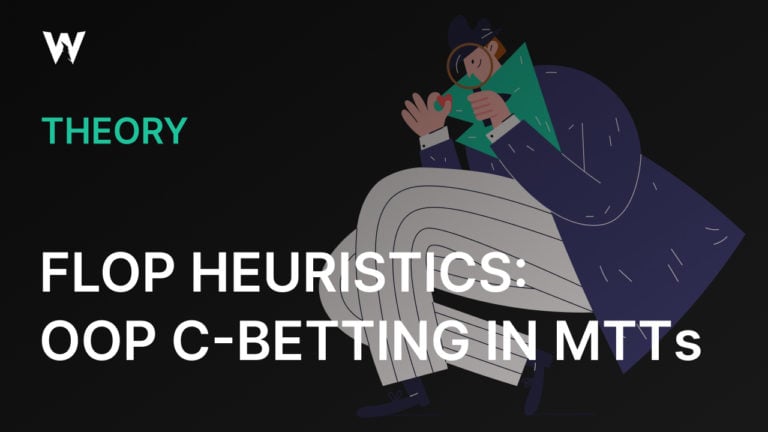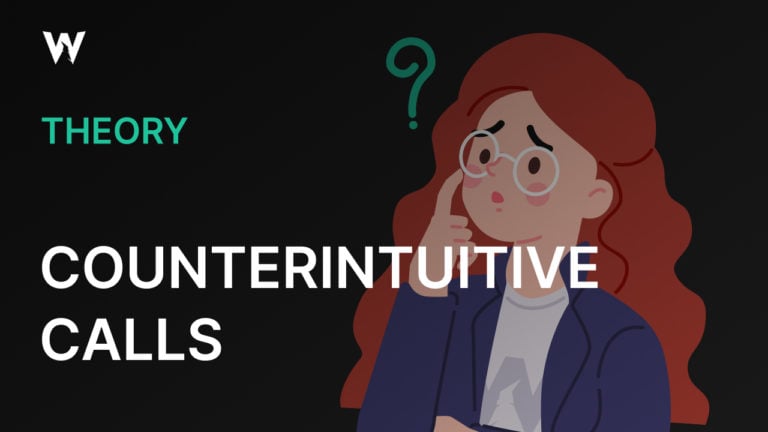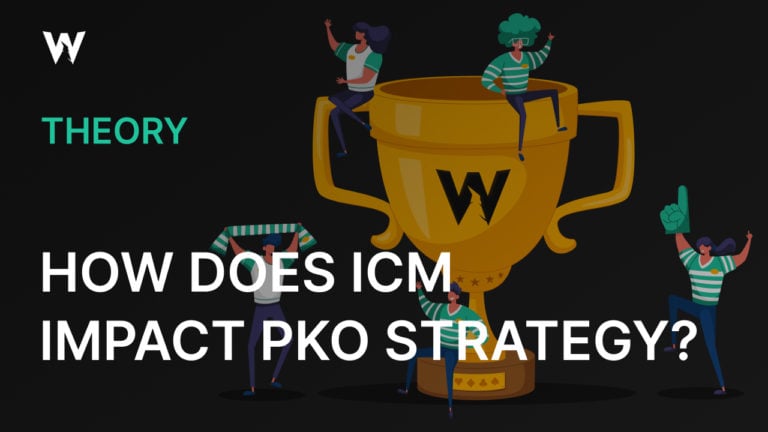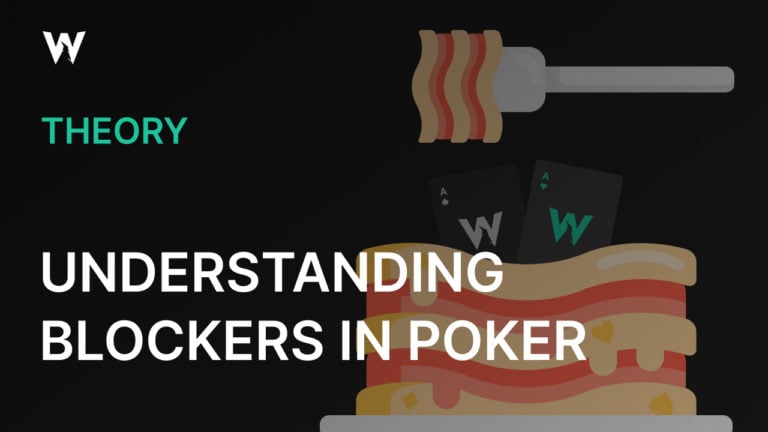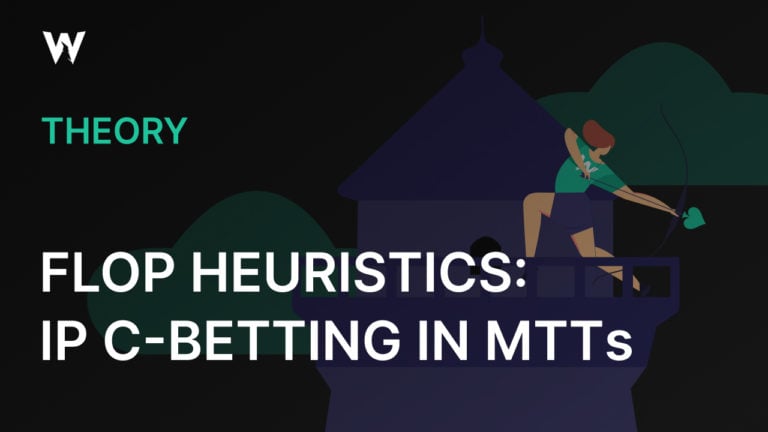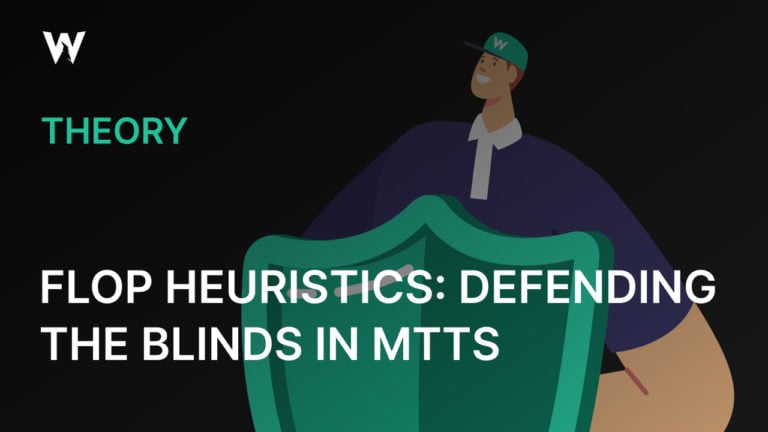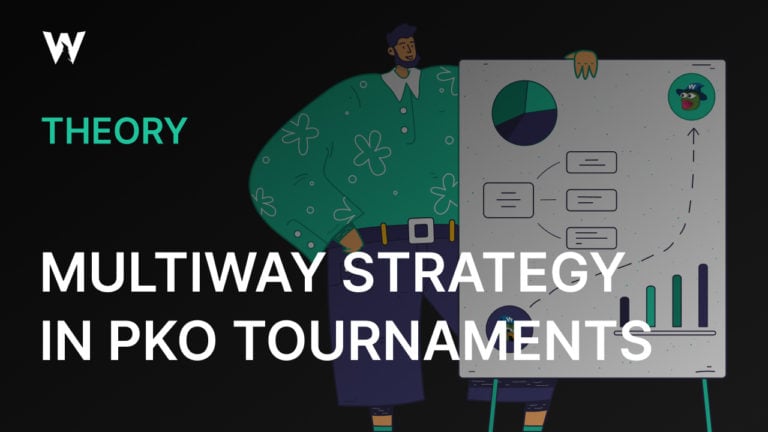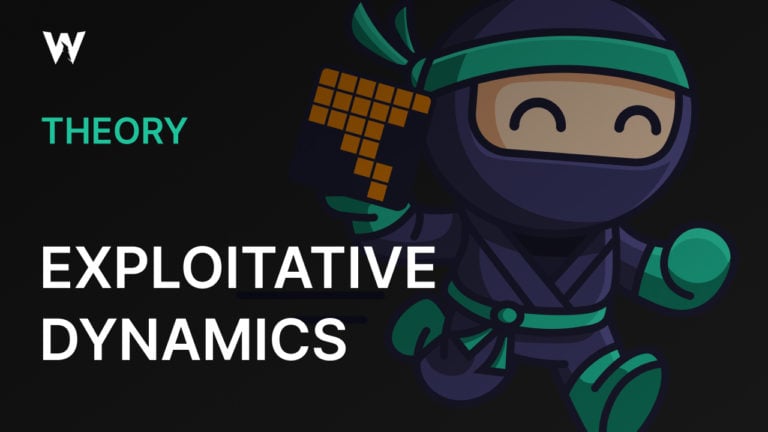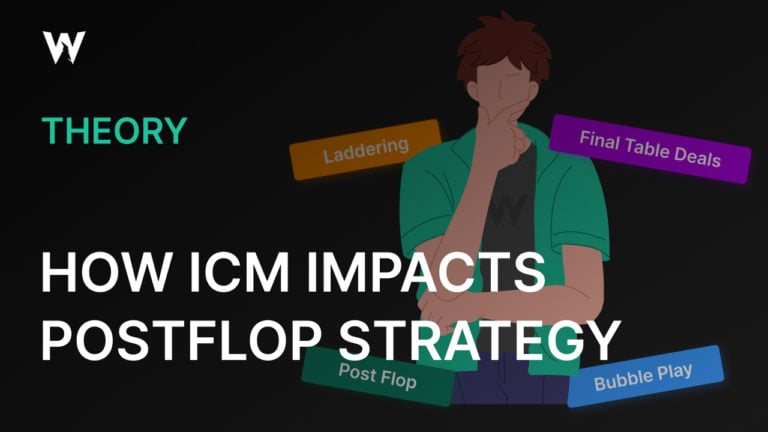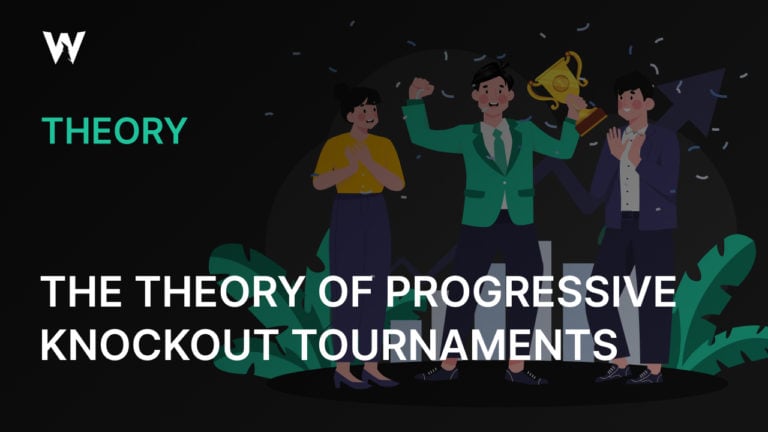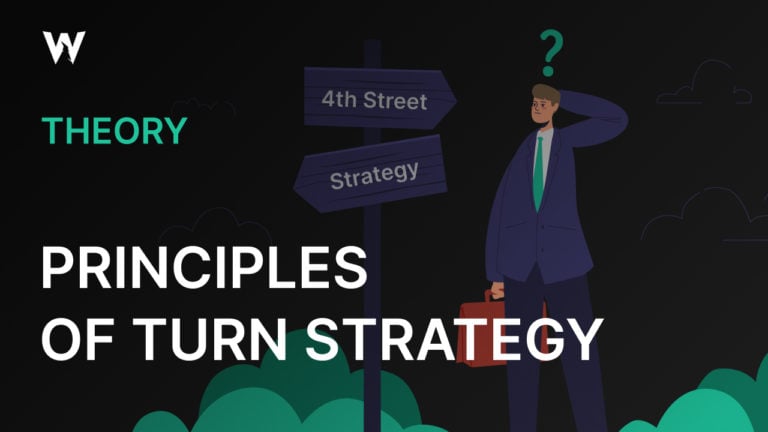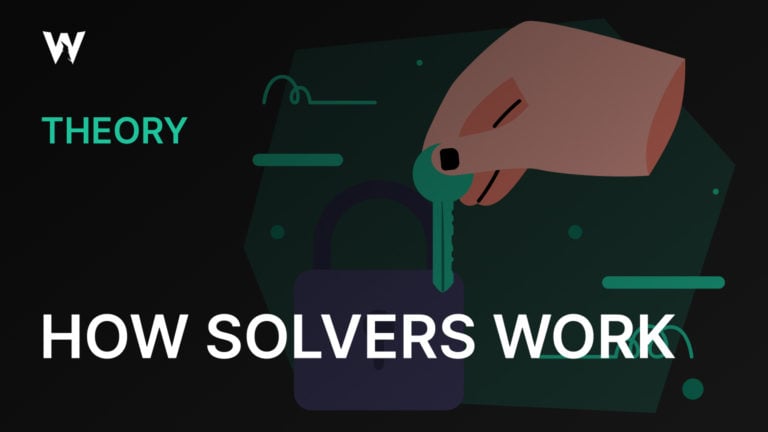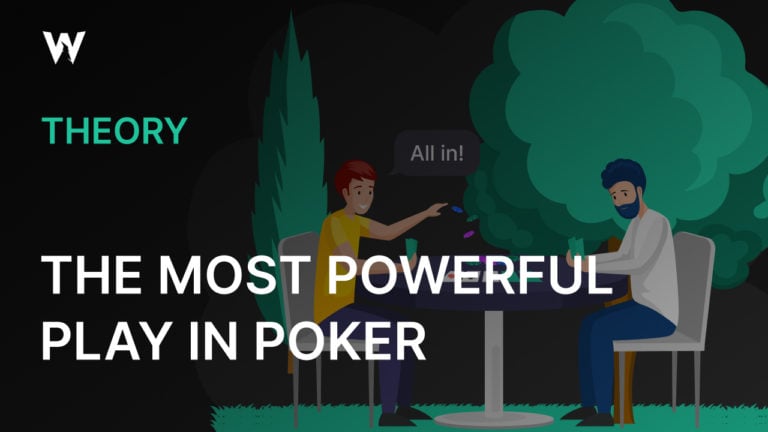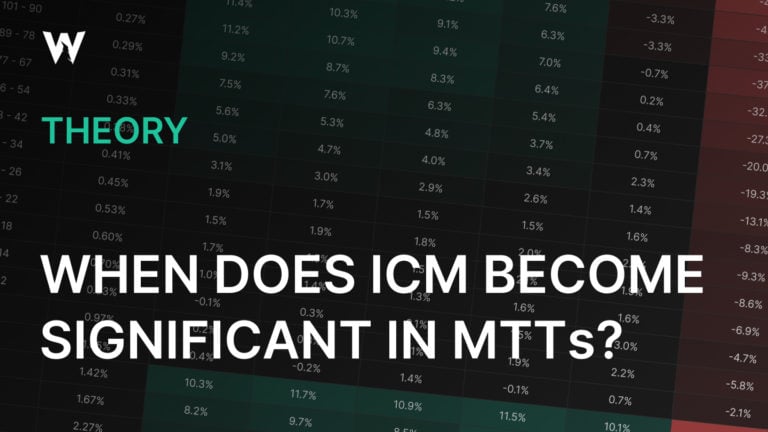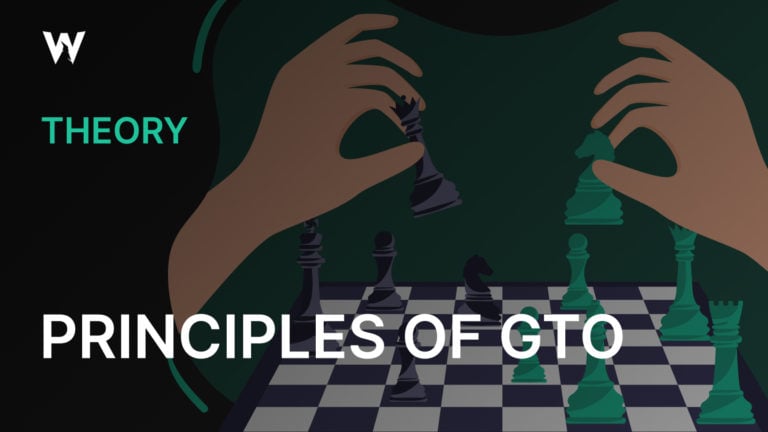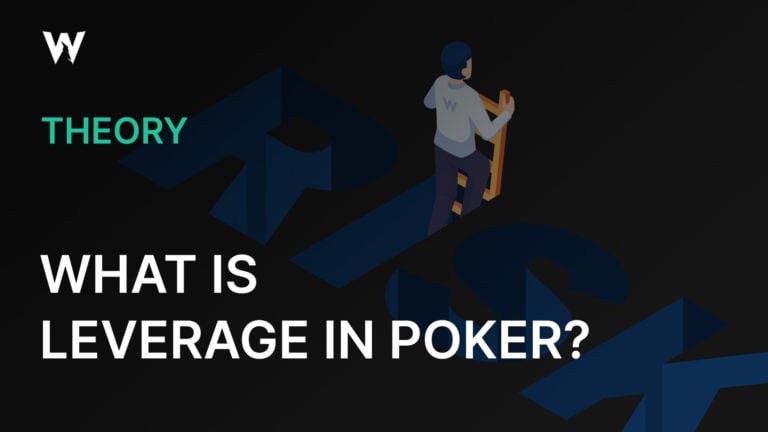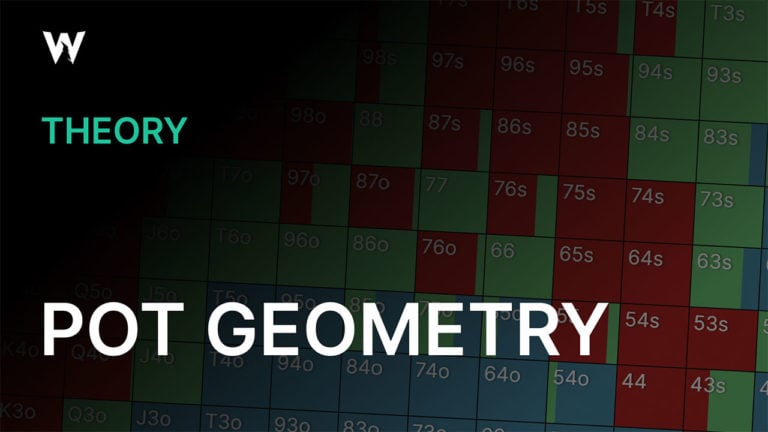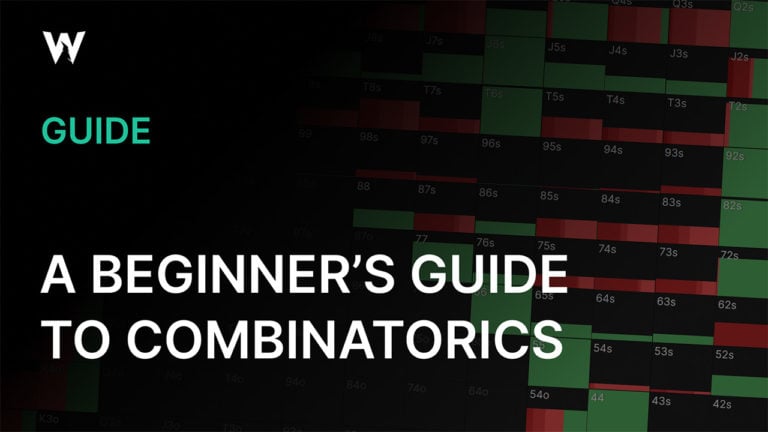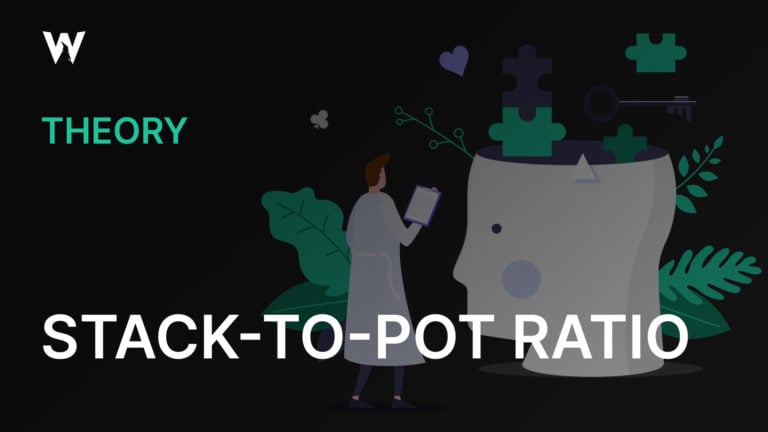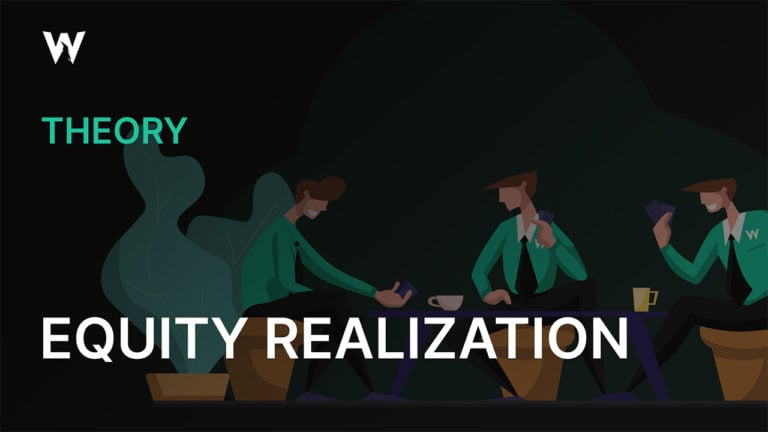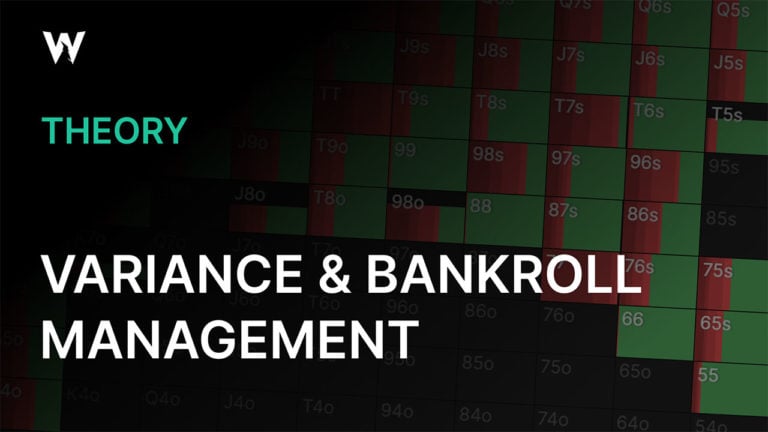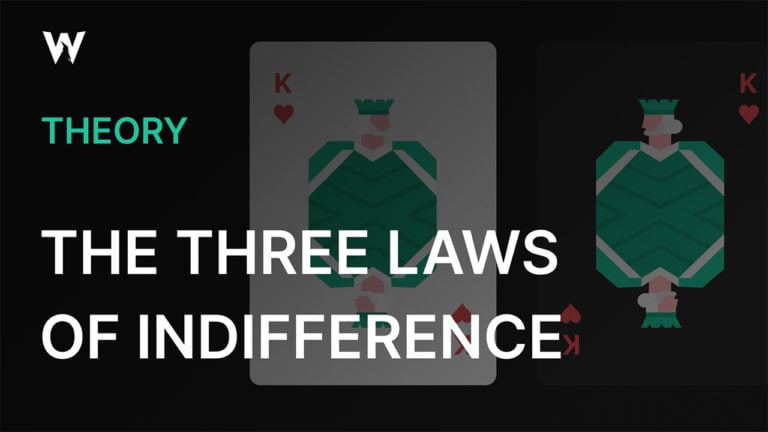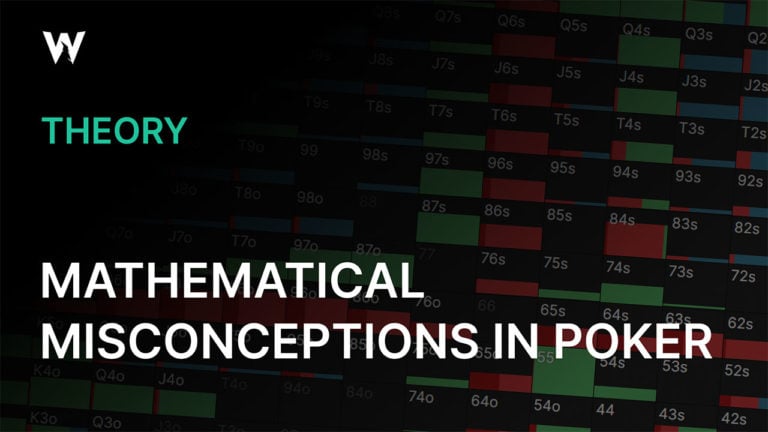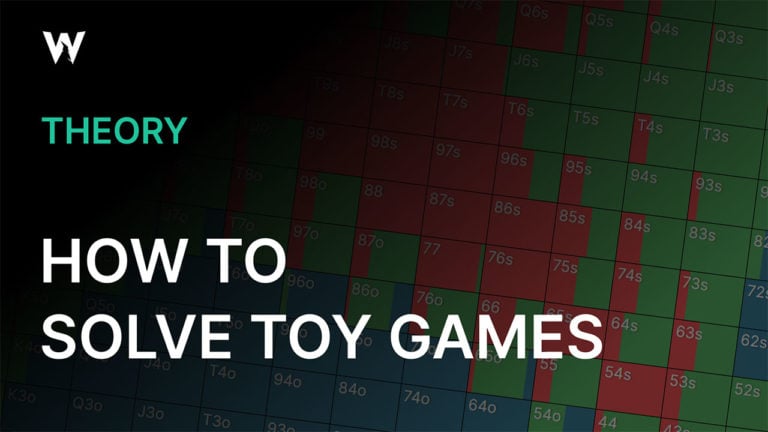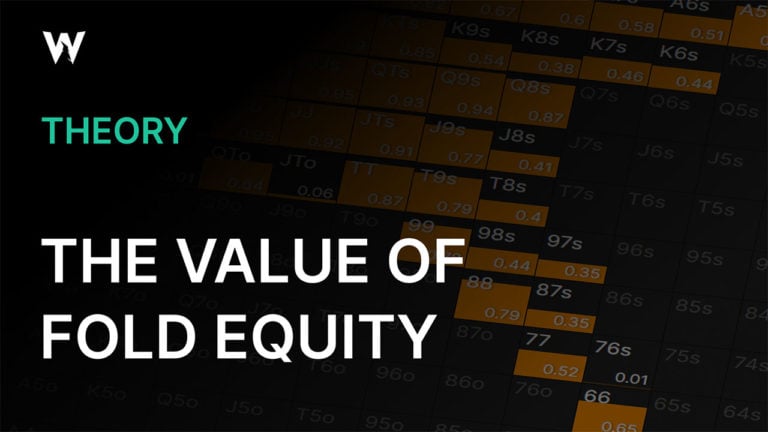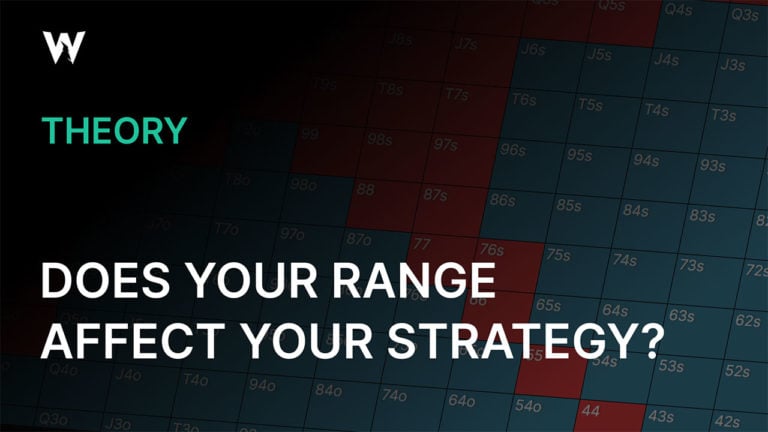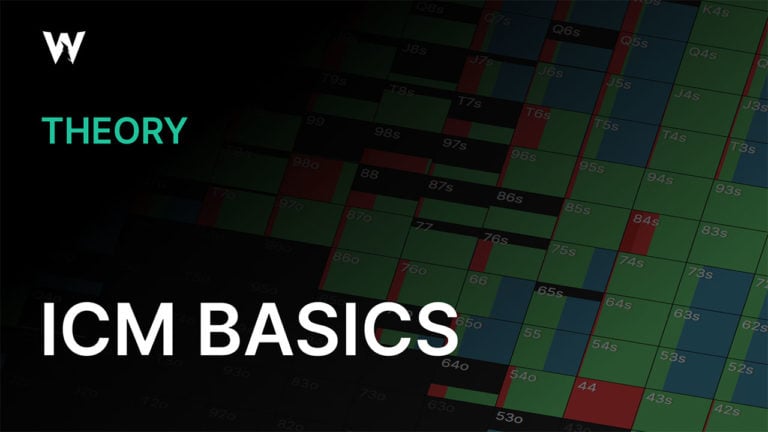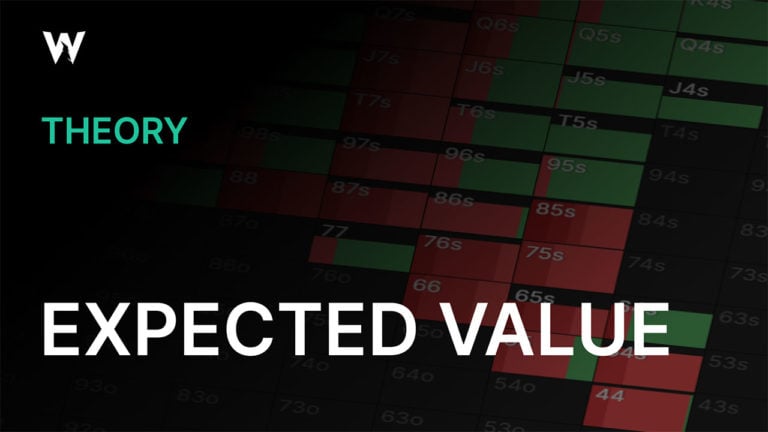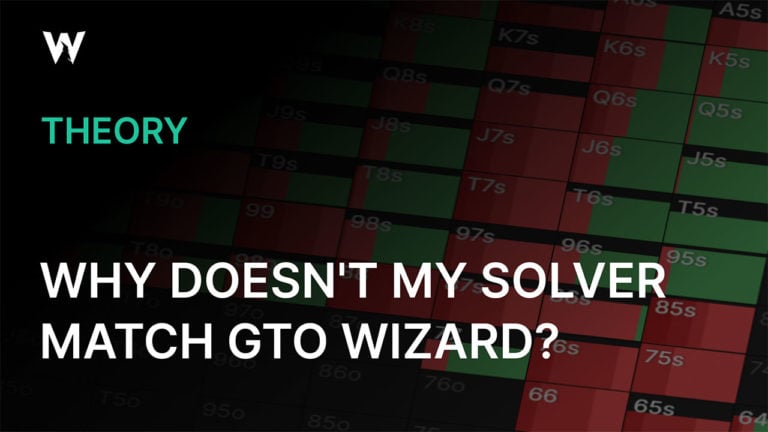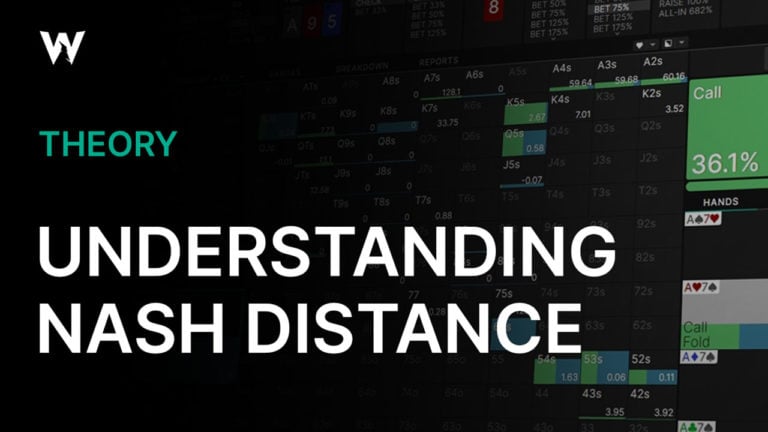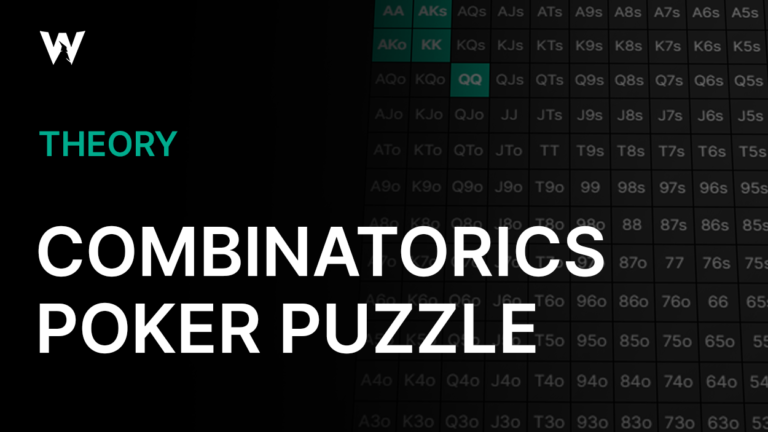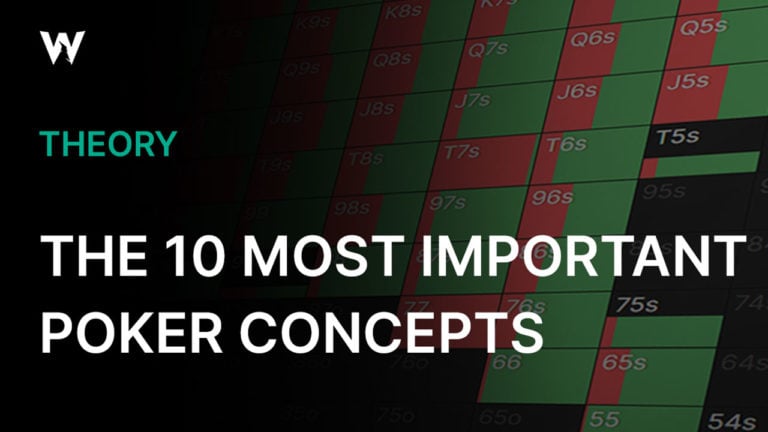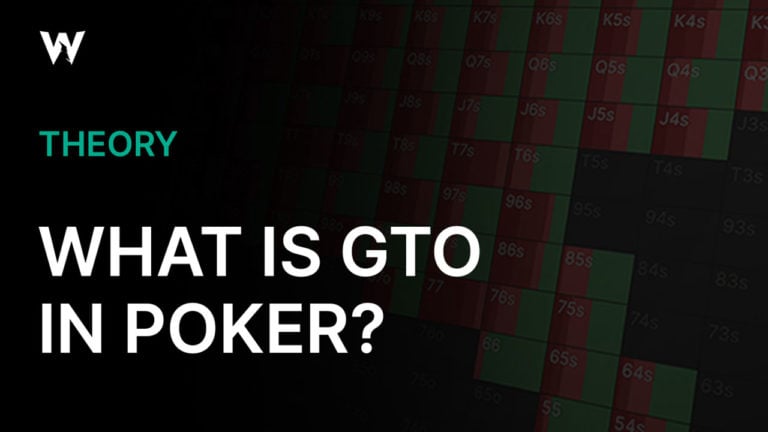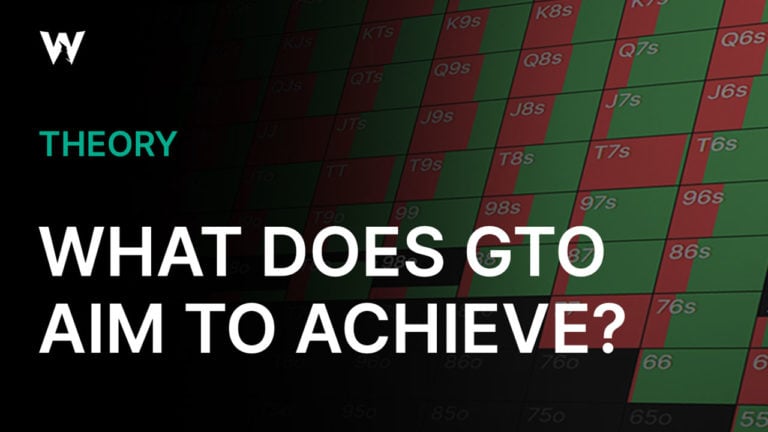The ICM Benefits of Late Registration in Poker Tournaments

Why do so many professional poker players register late for tournaments when they clearly would enjoy a big edge with deeper stacks? It is because you can enjoy an ICM equity boost that is on par with a good win rate in a tough tournament field. This article explains why late registering in most poker tournament formats can be profitable.
Is late registration bad for poker, and does it favor the professionals?
That is something that has been debated for quite some time in poker. Many players believe that coming into a tournament with a shallow stack below the average is a huge disadvantage. Yet, others think that extended late registration periods give the professionals too much of an edge. This is something we can thankfully put numbers on. However, it is undeniable that late registration is profitable in many tournament formats, most notably non-bounty tournaments with standard payout structures.
You can win equity when you are not involved in the hand
Let’s start with some ICM basics that help explain why late registration is a profitable strategy. Below is the start of a 9-person $100 SNG, with $450/$300/$150 payouts.
As you can see, in this (rake-free) toy game example at the start of the SNG, everyone has the same equity as the amount they bought in for – $100.
Let’s say that actions folds around to the Small Blind, who shoves, and the Big Blind calls. The Big Blind wins, and the Small Blind is eliminated. These are the new equities:
The player who won has doubled their chips but not their equity. They risked $100 in equity but only won $83.33 in equity. The remaining $16.67 in equity has been distributed equally to the other players who folded preflop. This is a cast iron rule of ICM; you always risk more than you stand to gain in terms of equity. This is why tournaments are typically tighter than cash games – because you need a stronger hand to justify potential elimination.
This example also highlights another important fact about ICM: You can make money by folding.
By doing nothing, the other seven players have seen their equity increase by 2.38%. Of course, there are extreme and more tangible versions of this in the form of ‘laddering’ at a final table where every elimination secures you a pay jump, but most players do not realize it happens at the start of tournaments too.
Late registration is a way to capitalize on the fact that you gain equity through inactivity in poker tournaments.
If you can gain equity by folding your hands, it stands to reason that you can gain even more by not being at the table for an entire portion of it. By registering late, you start the tournament closer to the money. Let’s put some numbers on that.
Should you late register tournaments?
Let’s look at another example to illustrate the benefits of late registration. Imagine that four players were eliminated from the above SNG, and you were allowed to register for it at that point. This is what the stacks and equities were before you registered.
And this is what happens after you register.
The prize pool has increased because an extra $100 has been paid in. The next notable thing is that your current equity is $110.90, which is an immediate 10.9% increase on the amount you bought in for. So by simply showing up at the last minute, you have earned $10.90. There are few opportunities in poker where you can add 10.9% to your win rate without doing anything.
Notice also that, with the exception of the big stack, everyone else has seen their equity reduce slightly. Just as you have seen an equity boost for buying in late, the other players have been punished for showing up on time.
We have chosen an SNG example because it is easy to simulate and present. The calculation gets very complex as you expand into multi-table tournaments. Still, you can make some broad assumptions about MTTs using this toy game example.
What if the payout structure was flatter? In this example, we’ve changed the payout structure to include four prizes instead of three.
With a flatter payout structure, we get a 22.35% boost to our equity before we play a hand. So our $100 buy-in is now worth $122.35!
Let’s replicate the scenario above, but instead, let’s make this a satellite structure where the top four players get the same prize. What happens when we come in late to that?
It’s an even bigger boost, we now have increased our equity by 29.76%. You will see this effect replicated whenever a payout structure is flat.
The flatter the payout structure, the less incentive there is to go for the top prizes and the more incentive there is to prioritize min-cashing.
Starting the tournament near the money bubble is much more valuable from an ICM perspective.
What impact does field size have on the equation? Let’s now look at a scenario where it’s a regular MTT payout structure, but the tournament started with 27 players, and we are coming in with 10 players remaining. This is how things stand before you register late:
And this is what happens when you buy-in as the 28th player:
Now we have made $31.48 in equity before we even play a hand. In this example, we are more outgunned. We have more catching up to do with the rest of the field, but we gain more equity because we have parachuted into the late stages of a much bigger prize pool tournament. Broadly speaking, when you register late, ICM calculations reduce your chances of winning the tournament compared to registering on time. However, the calculations show you will win more money overall by cashing and laddering more often.
Coming in at a shallow stack
One of the biggest objections to late registering as a strategy is that you come in at a shallow stack depth below the average. There is less maneuverability with a shallow stack, and you invariably have to commit all your chips soon after registering. Players do not like having to come in at 20BBs where they cannot enjoy a big edge, and they certainly do not like the likelihood they will be all-in very quickly because of the low SPR.
There is a frequency bias in place here. When you come in late at a shallow stack depth, you will be out of the tournament a lot in your first level of play. That doesn’t mean it is unprofitable; it is just the nature of tournaments and the fast pace of the endgame period. Indeed, you cannot exploit weak players as well with 20BBs as you could 100BBs, but there is an advantage in playing the shallower stack depth.
It is much easier to play shallow stack depths because of the low SPR.
If you make a pair you usually have to go with it, and you are less likely to get outplayed off a hand. If there are many good regulars in a tournament, they have less of an advantage over you, and if you play many tables, your decisions are easier. Generally speaking, you can play a wider range of hands with shallower stack depths. More hands become profitable because you have less tournament equity at risk, and any pot won is a big portion of your stack. Shortstacks generally experience less ICM pressure than mid-stacks (except on the bubble).
As you can see, the range gets wider, not tighter, as CO’s stack shrinks. More hands become profitable the shallower the stack depth, because the money already in the middle of the pot is becoming a larger percentage of the CO’s stack. Winning the pot would add 25% to the CO’s stack in the first example, but it would add 50% in the final example. There is also more shoving as the stacks get shallower, which confirms what we have already said about shallow stacks being easier to play.
This toy game example is not perfect or 100% replicable in every scenario, but it illustrates the broad point. Some deeper stack depths have wider ranges because more speculative hands like suited connectors become more profitable. These examples don’t factor in ICM either, which is significant at the end of late registration. Sometimes that can widen a range even further because the short-stacked player can leverage fold equity from the bigger stacks (a medium-stacked player is less inclined to call a short-stack shove because of the fear of a bigger stack waking up with something behind them).
Another benefit of late registration is the boost it gives your hourly rate. If you can shave two hours off a tournament, that is going to be an immediate improvement to your hourly rate. This also means you can play more tournaments overall. As counterintuitive as it sounds, late registering for a tournament and busting right away is beneficial to a winning player because it means they can play more tournaments. Much better than registering on the first level, playing for two hours, then busting just as late registration ends.
Bounty tournaments

If it wasn’t clear already, late registering or re-entering a PKO is a bad idea. Every elimination sees at least 25% of a buy-in removed from the prize pool, and the later you register, the smaller the prize pool you are playing for relative to how many people entered.
As we have previously seen in PKOs, the ICM rule that you always stand to lose more equity than you gain is not true. Often in PKOs you win more equity than you risk because of the immediate bounty and the future bounties you could win because of your bigger stack, plus the bounty on your head if you win the whole tournament.
Think of missed bounties as an additional rake you have to pay.
The one exception to this is the Mystery Bounty format, which comes with one major strategic difference. You cannot win bounties at the start of a Mystery Bounty, the bounty period typically starts on Day 2 when two-thirds of the field has been eliminated. The operators structure the event this way to make the bounties bigger relative to the buy-in. The closer you can register to Day 2 of a Mystery Bounty tournament the better, because you will be able to win much bigger bounties and, if you are lucky, a potentially very big bounty.
In a 100 runner $100 PKO, every player eliminated is like an extra $0.25 in rake you have to pay (the $25 paid bounty divided by 100 players). This isn’t so bad if you register late near the start of the tournament, where only a few players have busted, but terrible if you register at the last minute. Just as you gain equity from the people who showed up on time in a normal tournament, when you register late, you essentially gain equity from those who showed up late to a PKO when you started at the beginning.
Conclusion
The interesting thing about the late registration debate is that many argue that it is unfair to recreational players when in reality, amateur players would arguably benefit the most from it. A small losing player might become a breakeven or even winning player if they max late registered tournaments.
Coming in at a shallow stack depth also favors them because it is harder to get outplayed with a 20BB stack compared to a 100BB stack. However, an enthusiastic amateur should practice their shallow stack ranges much more if they are going to make late registration a habit.
This is not to say that late registration is an entirely easy strategy. A lot of variance is involved, and you will find yourself busting out early at a high frequency. This is particularly tough if you register late for a live tournament you have traveled to. Late registration requires strong risk tolerance and a deep understanding of variance to avoid mental game issues.
Late registration is undeniably profitable, but if you play poker for enjoyment or want to play many hands, then it might not be for you. If you are a high-volume player who wants to maximize their hourly, it is perhaps the most profitable single decision you will make every session.
Key Takeaways
- You can win equity in tournaments when you are not involved in a hand
- Late registering means you start closer to the money and gain equity from all the players who bust before you
- You get more equity late registering in flatter payout structures
- You get more equity late registering in larger fields
- You win the tournament less often but win more money overall when you late register
- Shallow stack depths are easier to play
- Registering late also boosts your hourly meaning you play fewer hours or can play more tournaments
- Late registering a PKO tournament is a bad idea, but late registering a Mystery Bounty is usually profitable
Author
Barry Carter
Barry Carter has been a poker writer for 16 years. He is the co-author of six poker books, including The Mental Game of Poker, Endgame Poker Strategy: The ICM Book, and GTO Poker Simplified.
